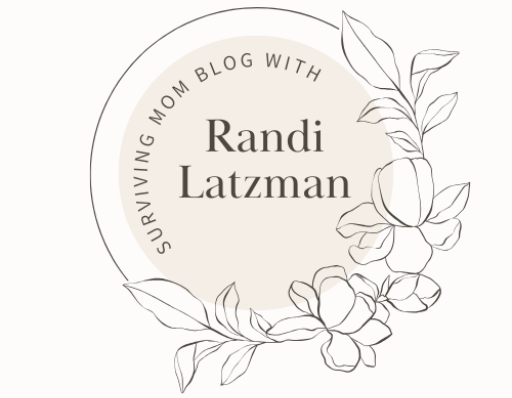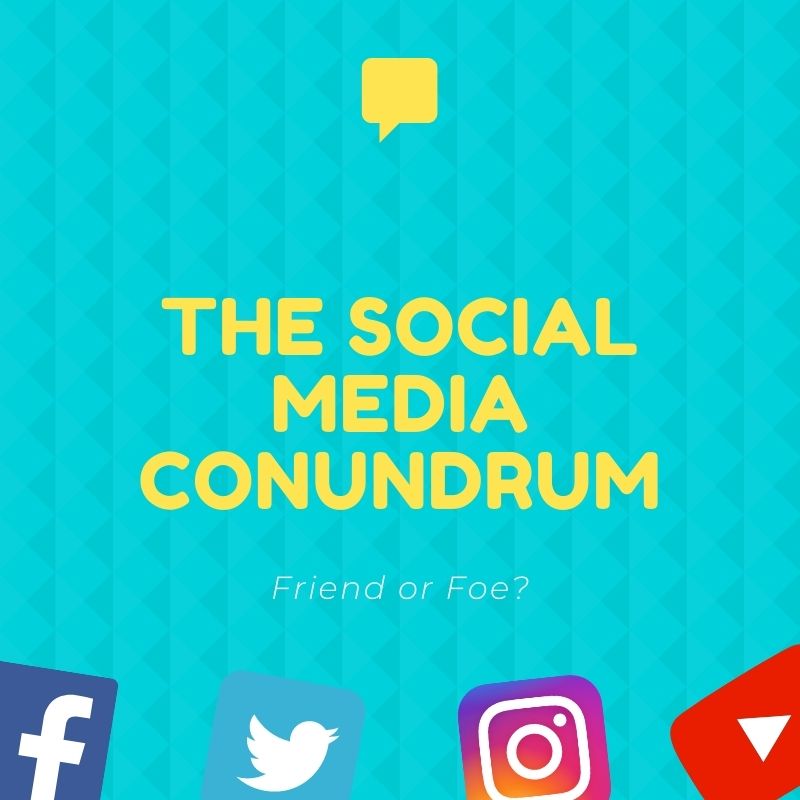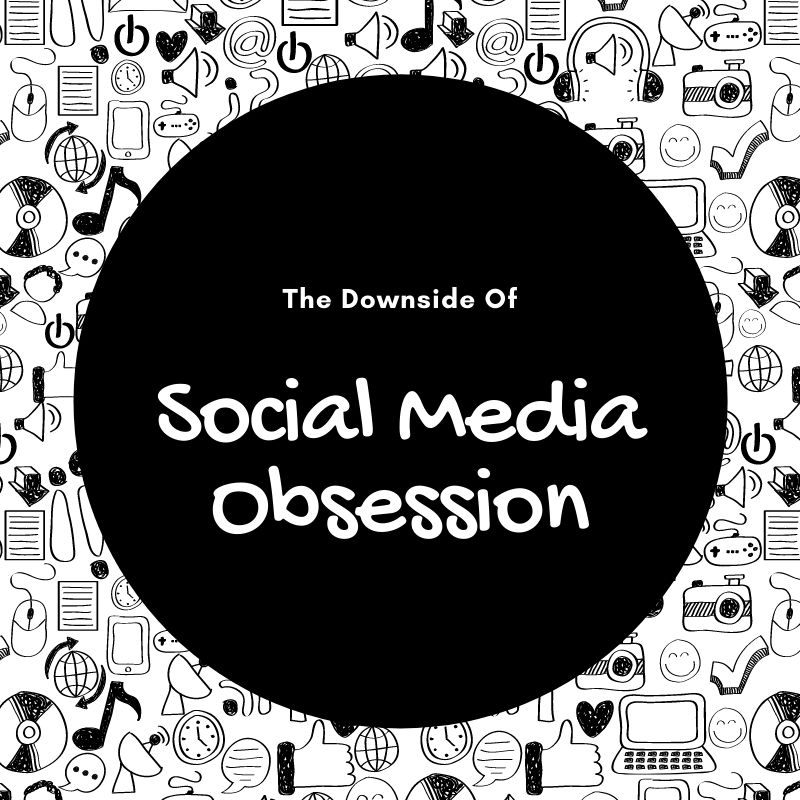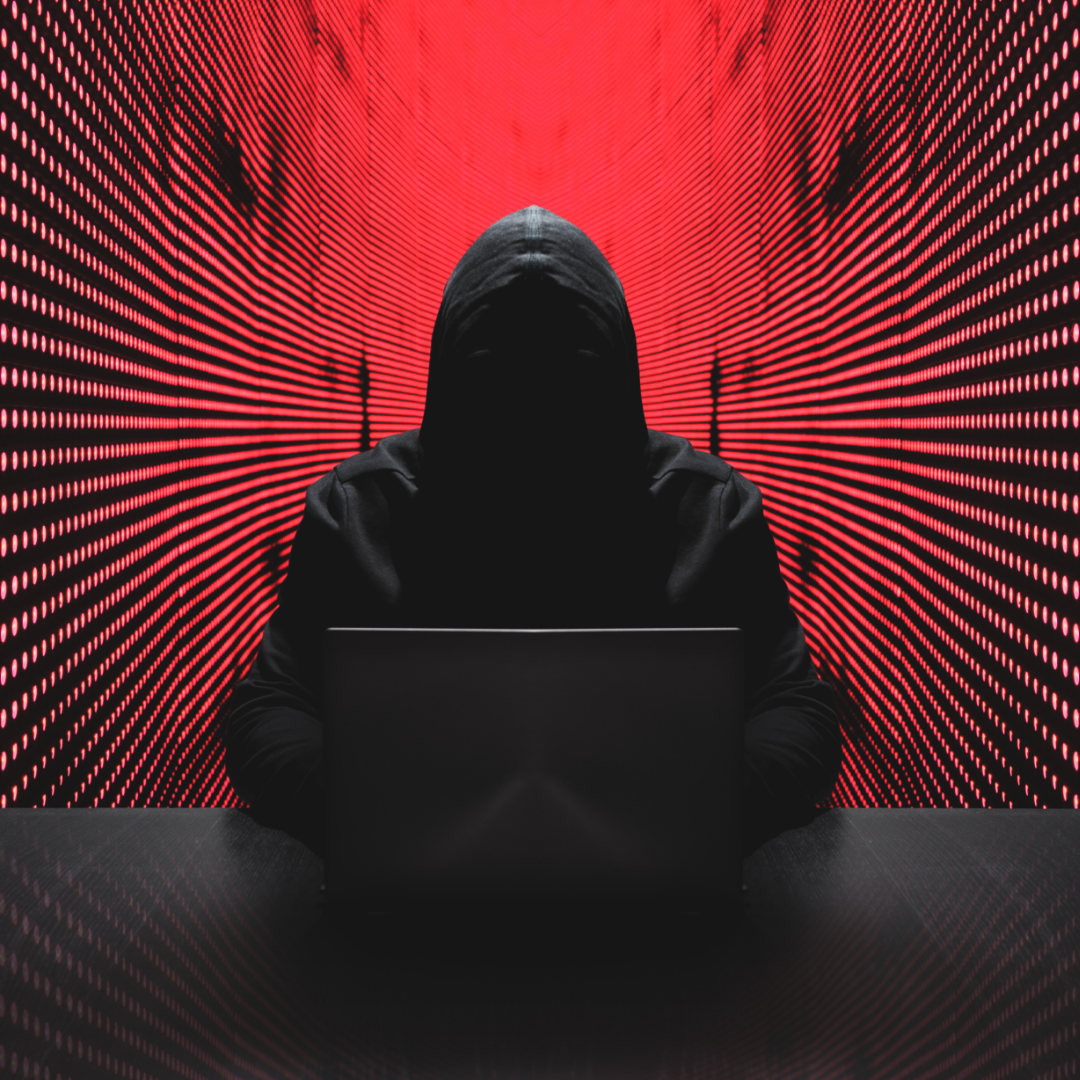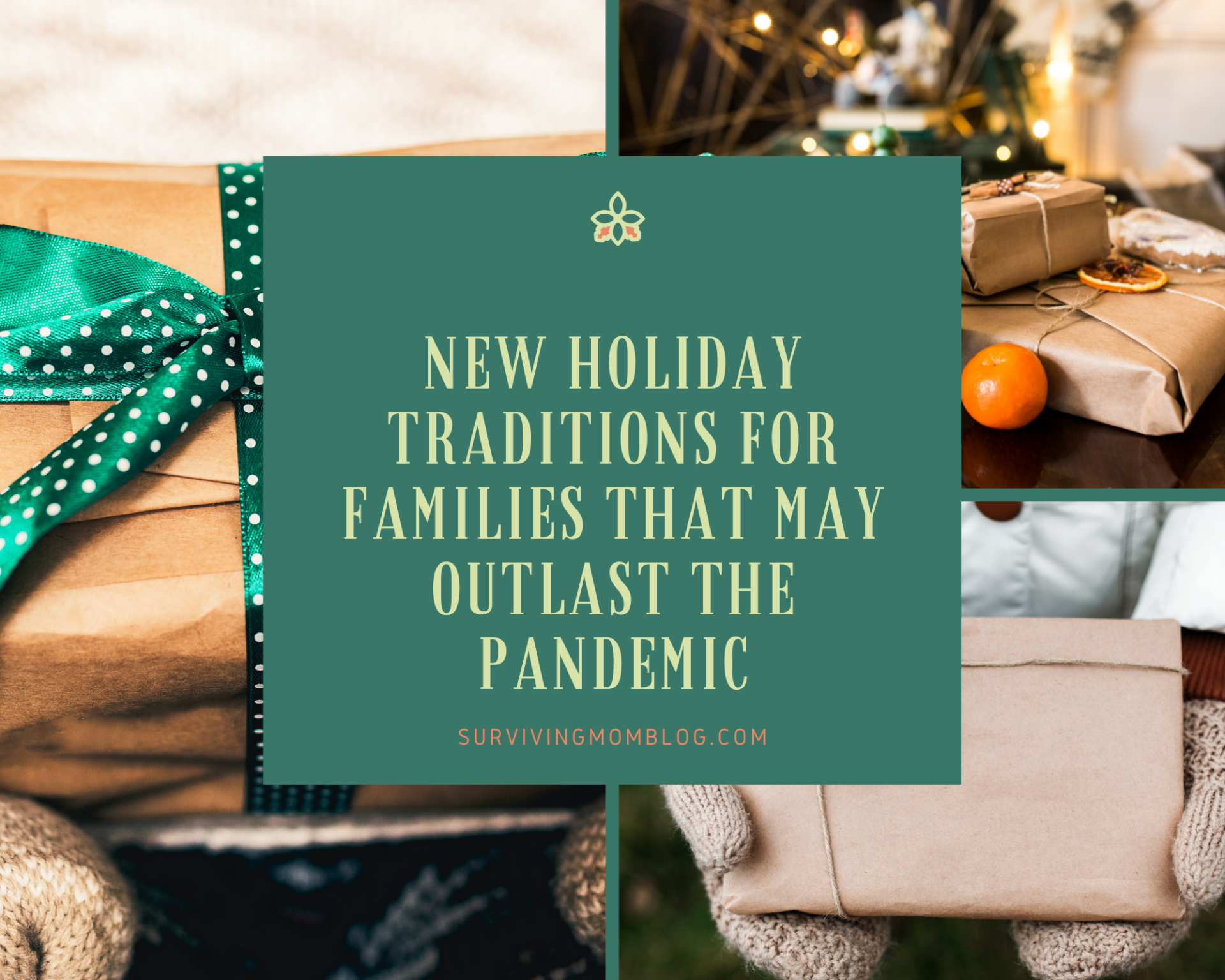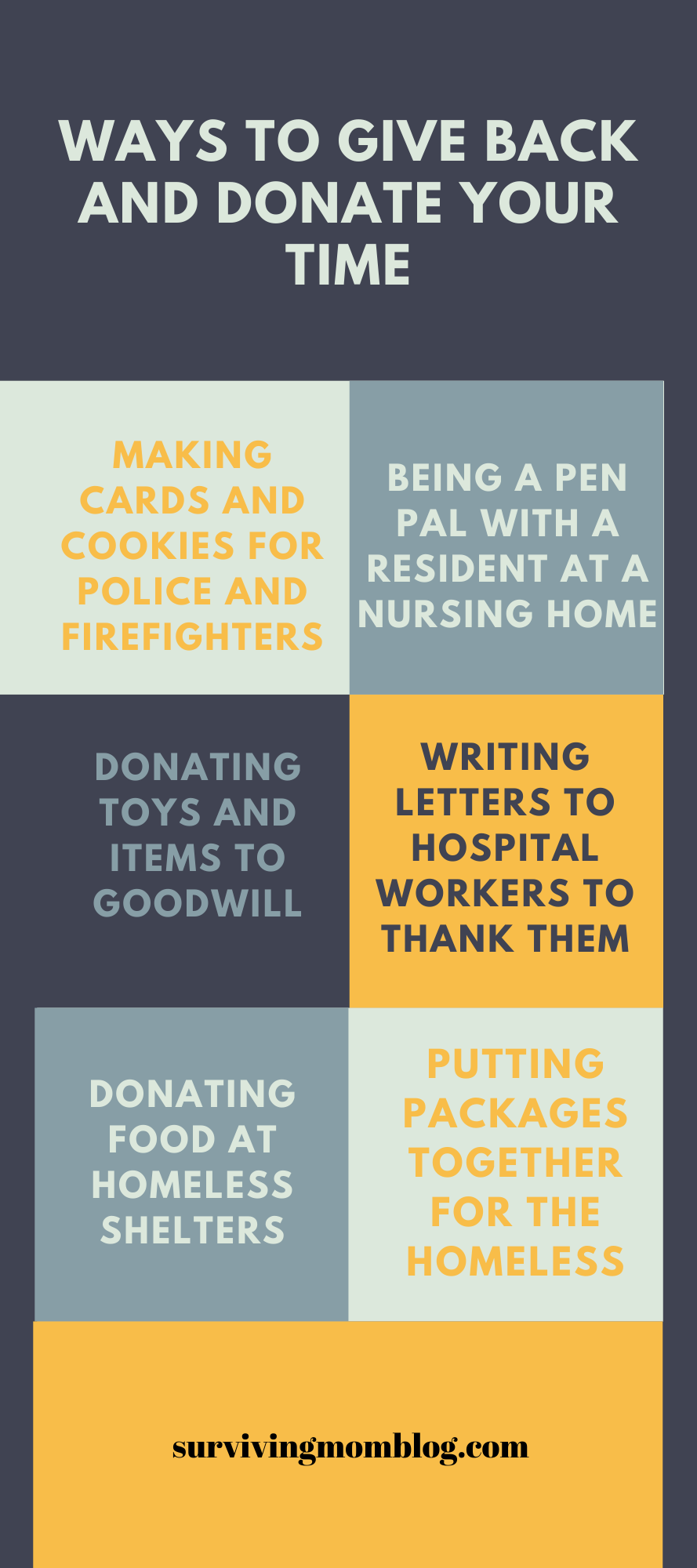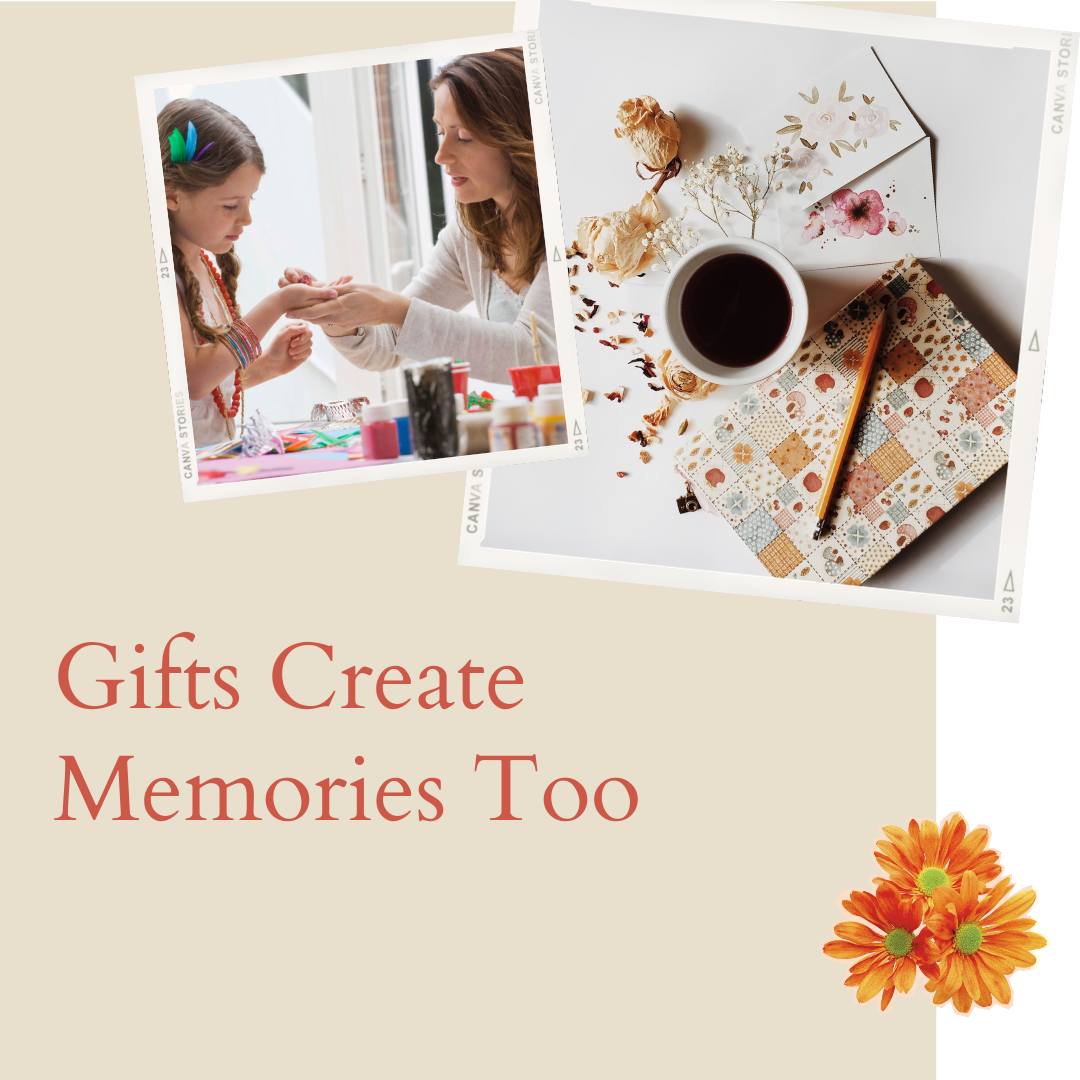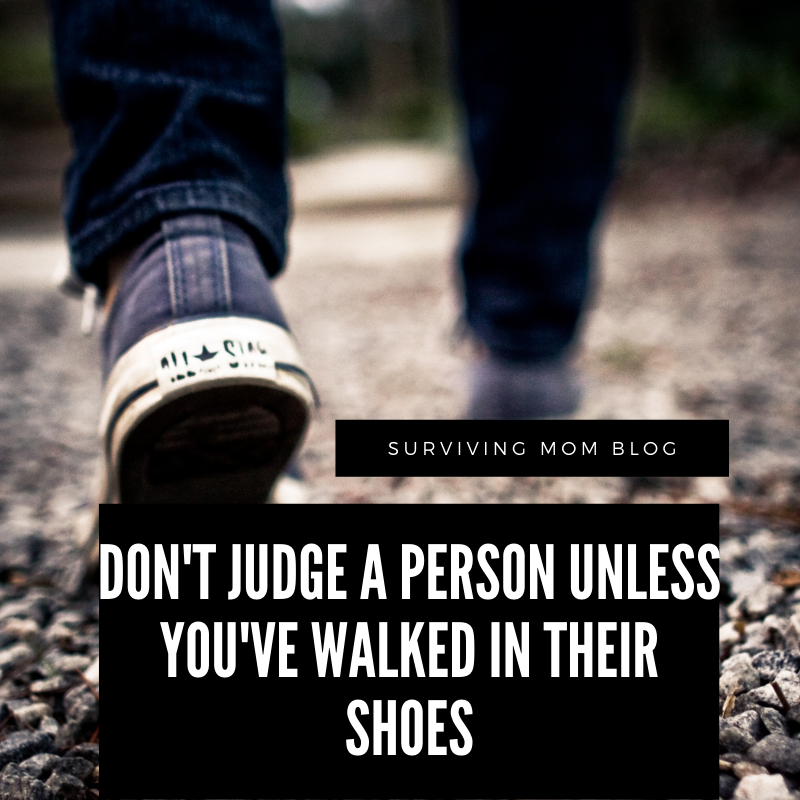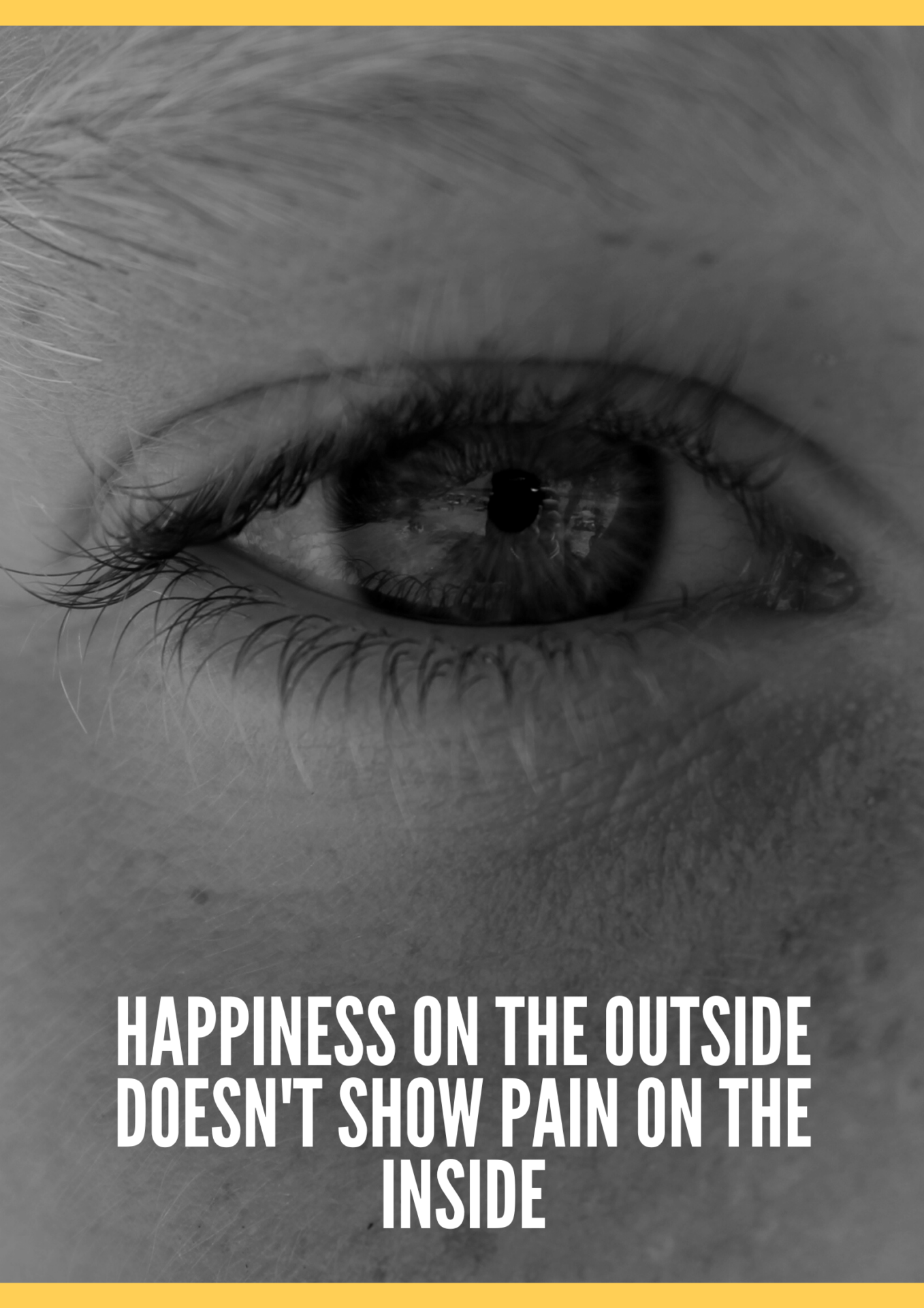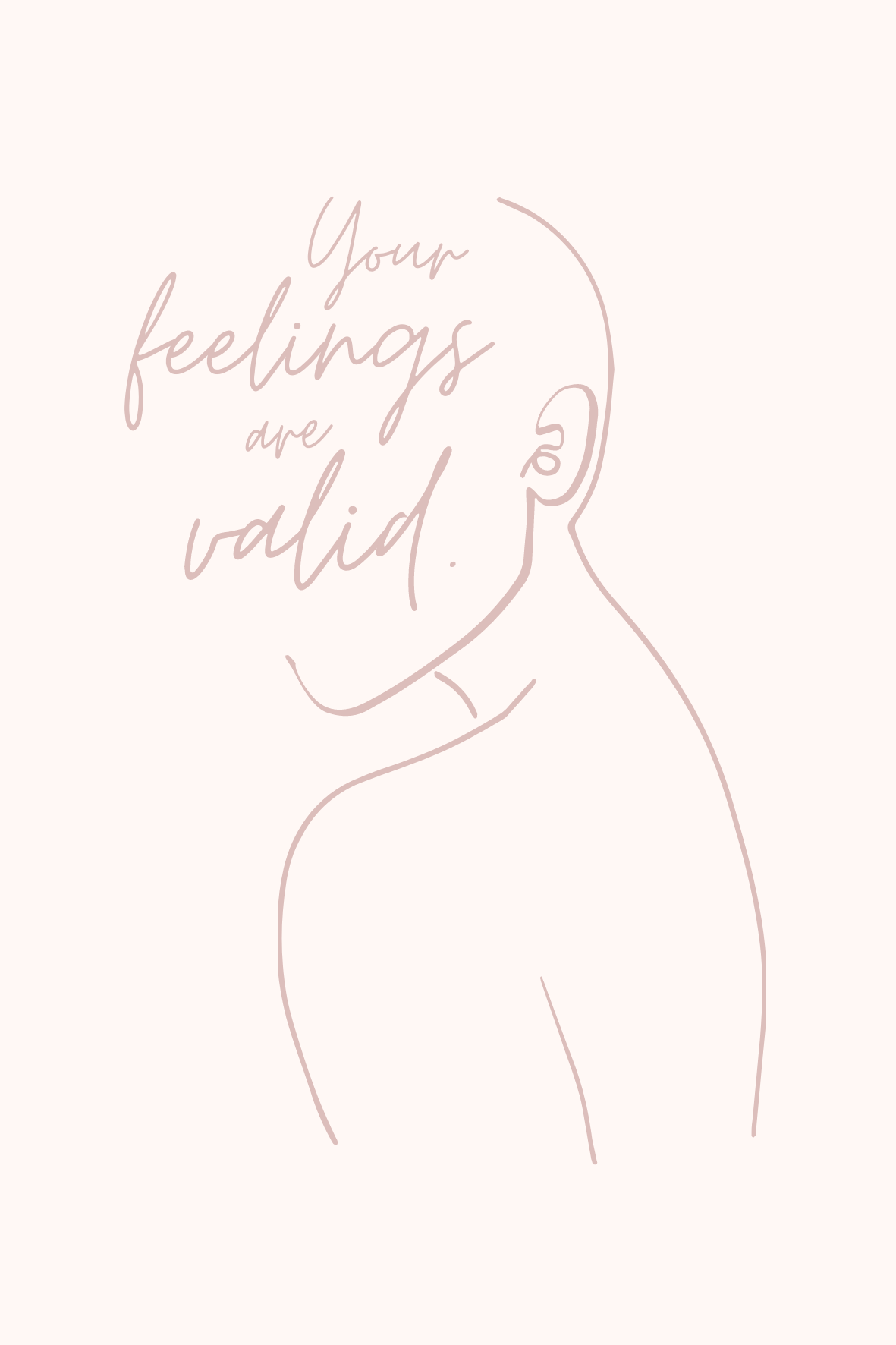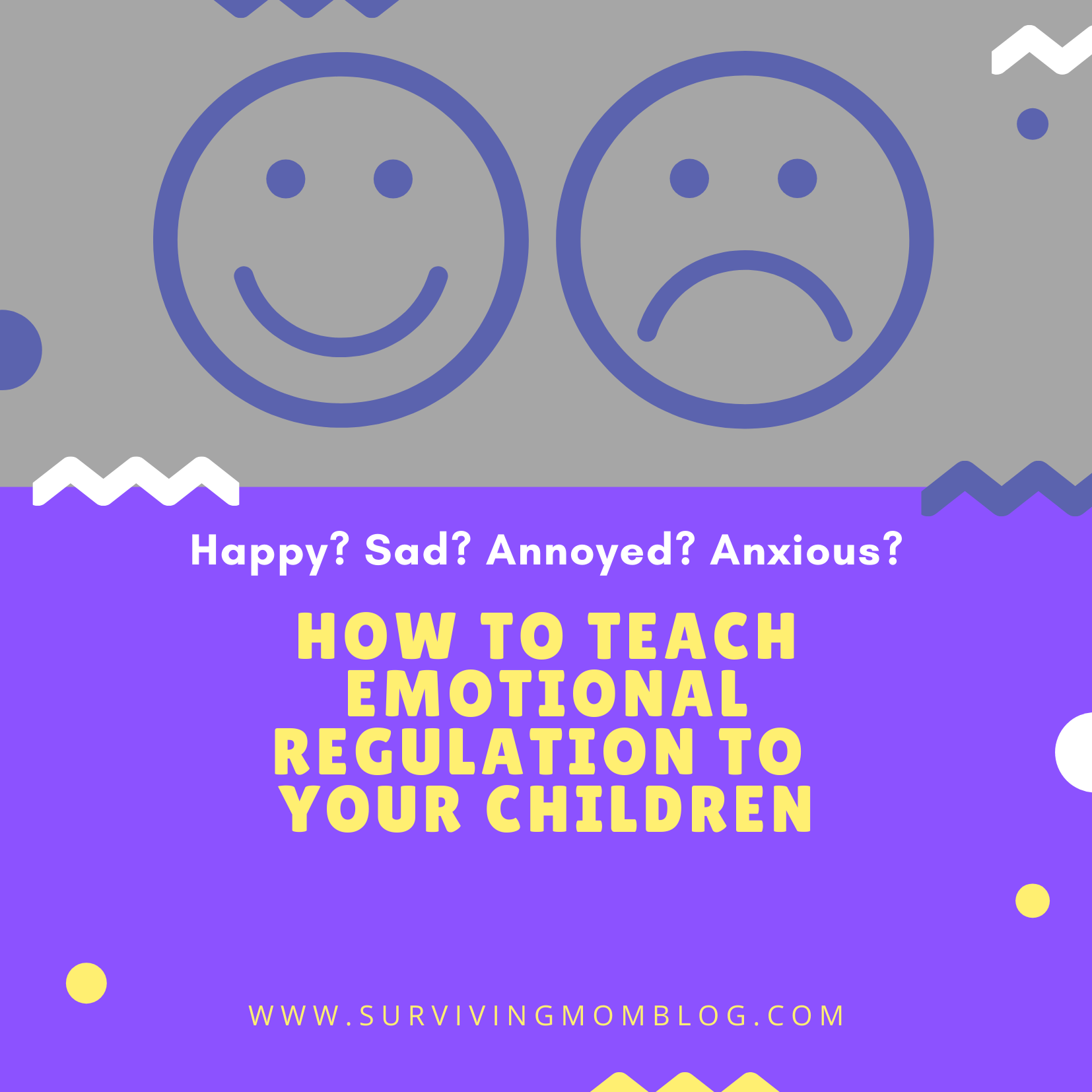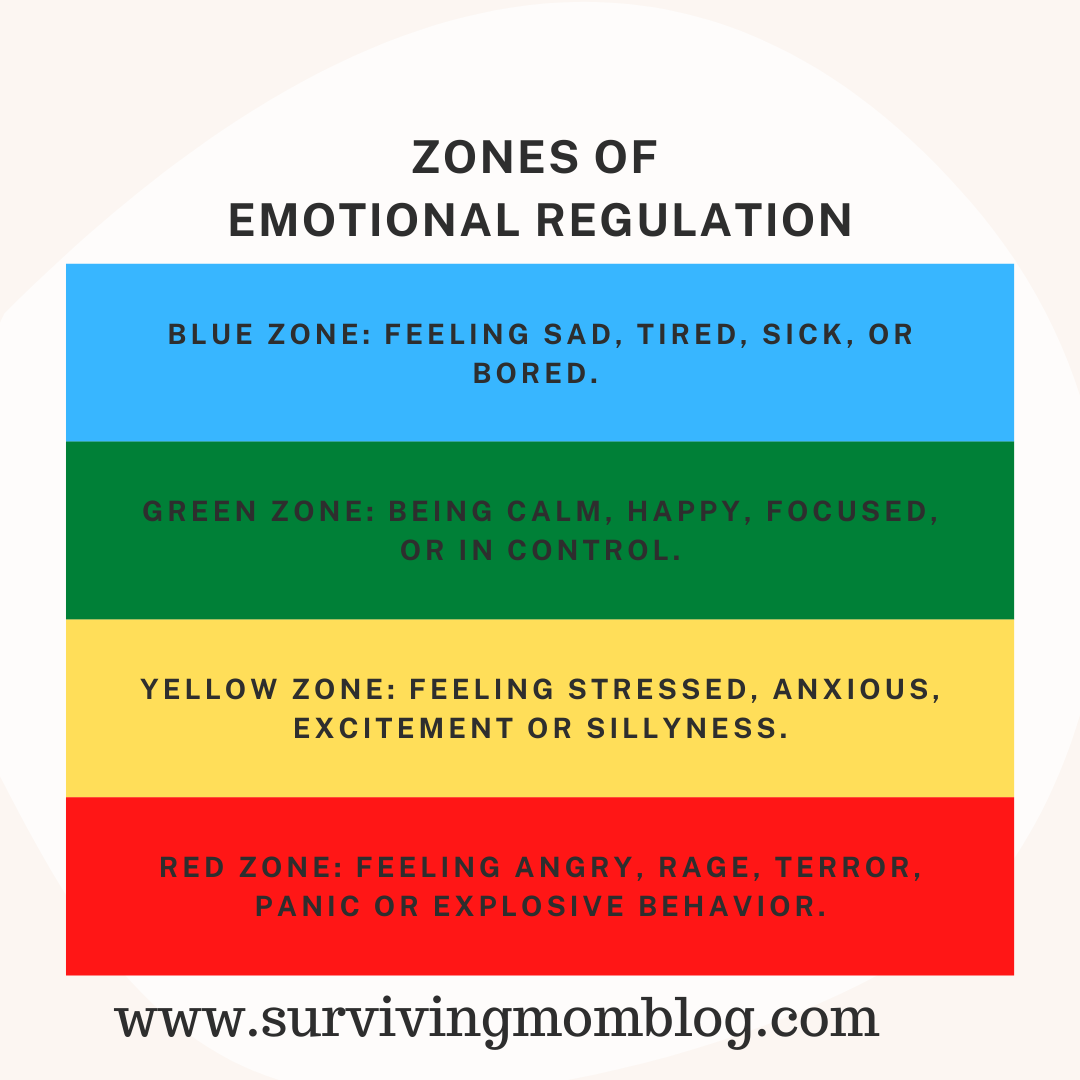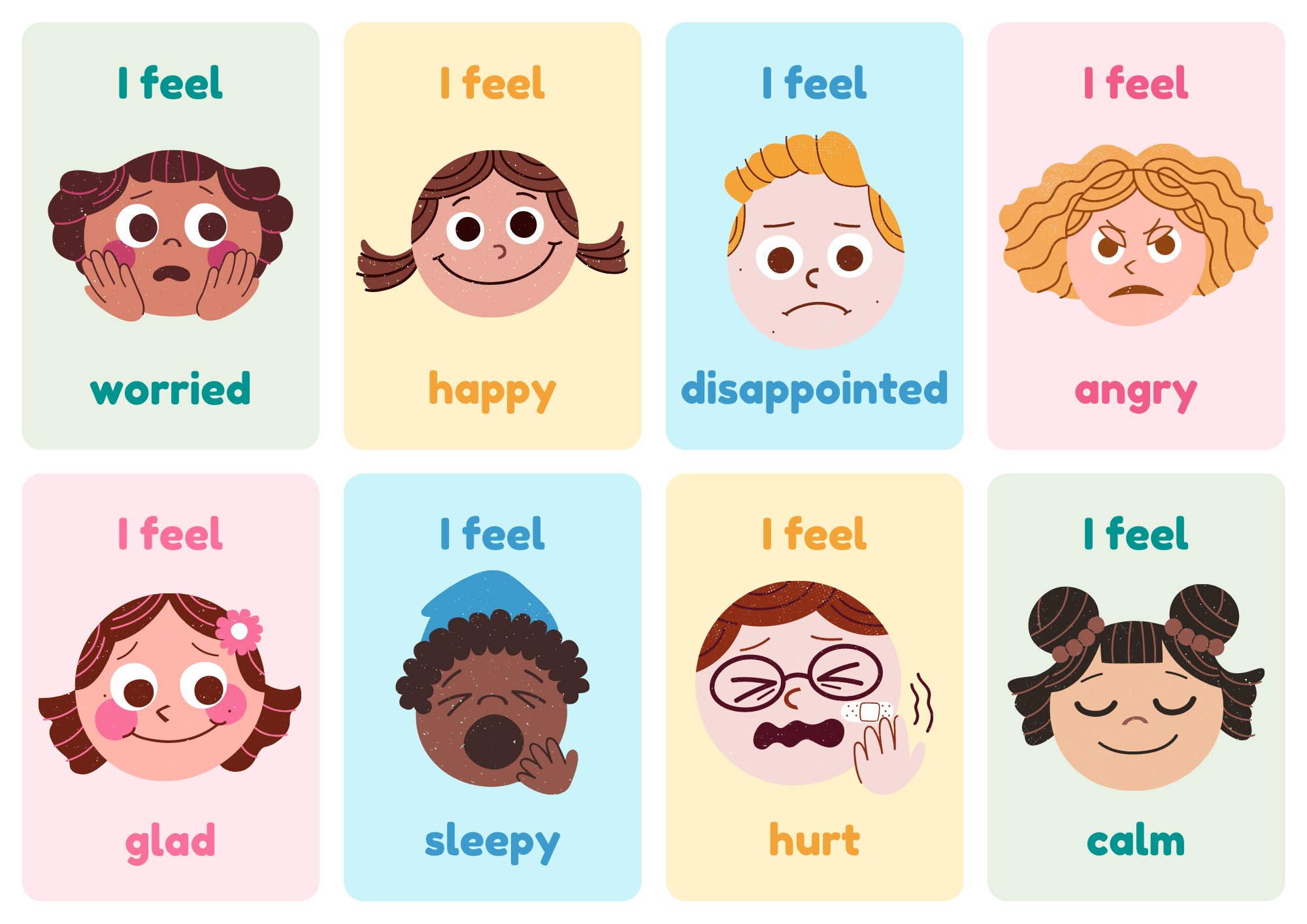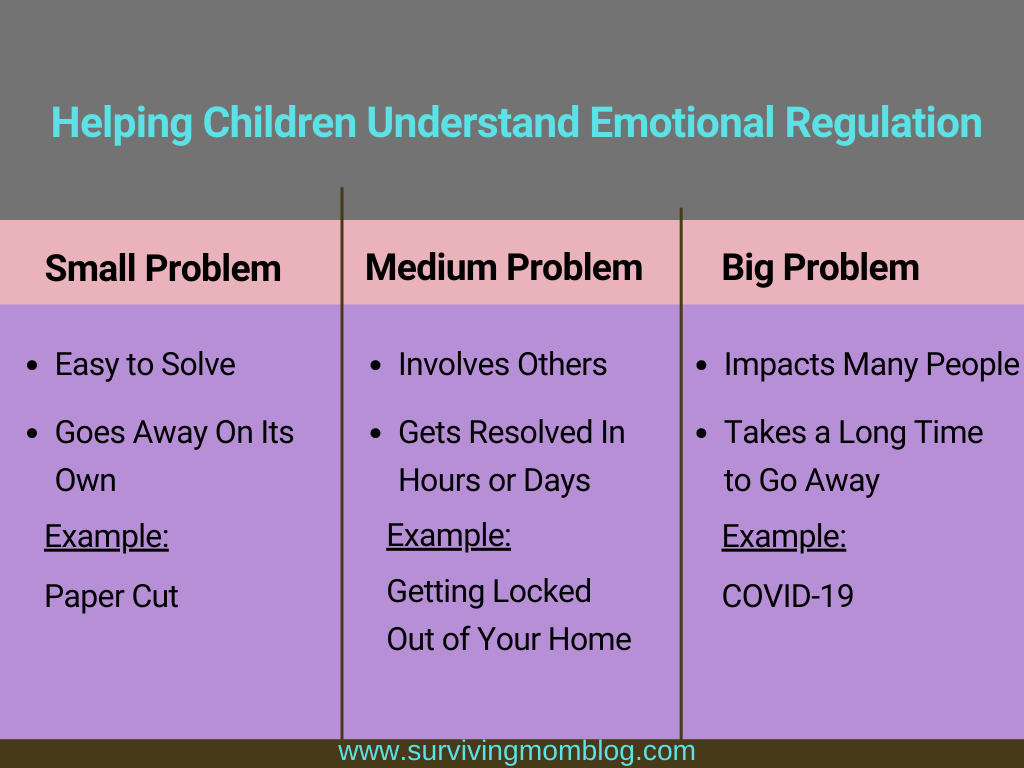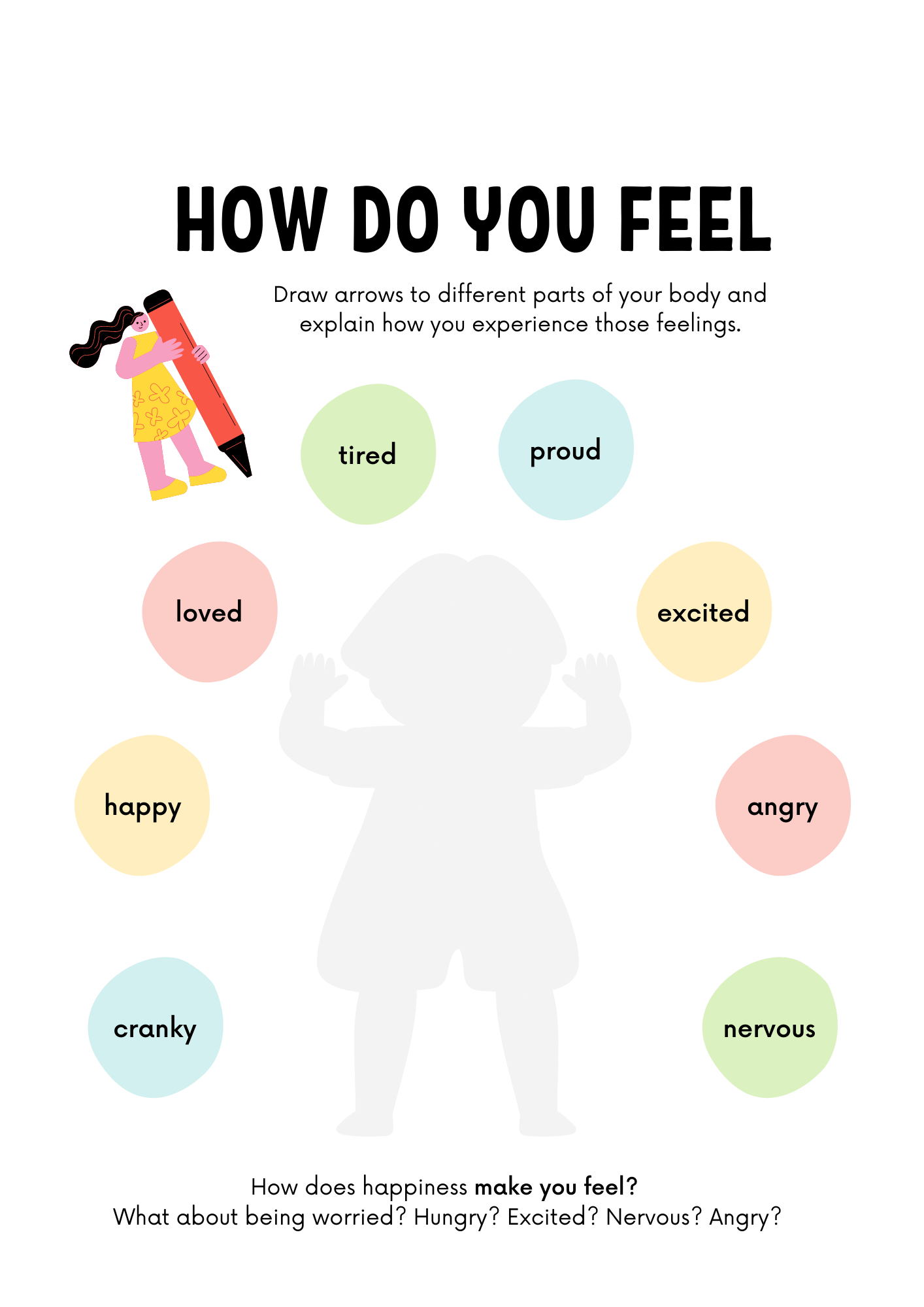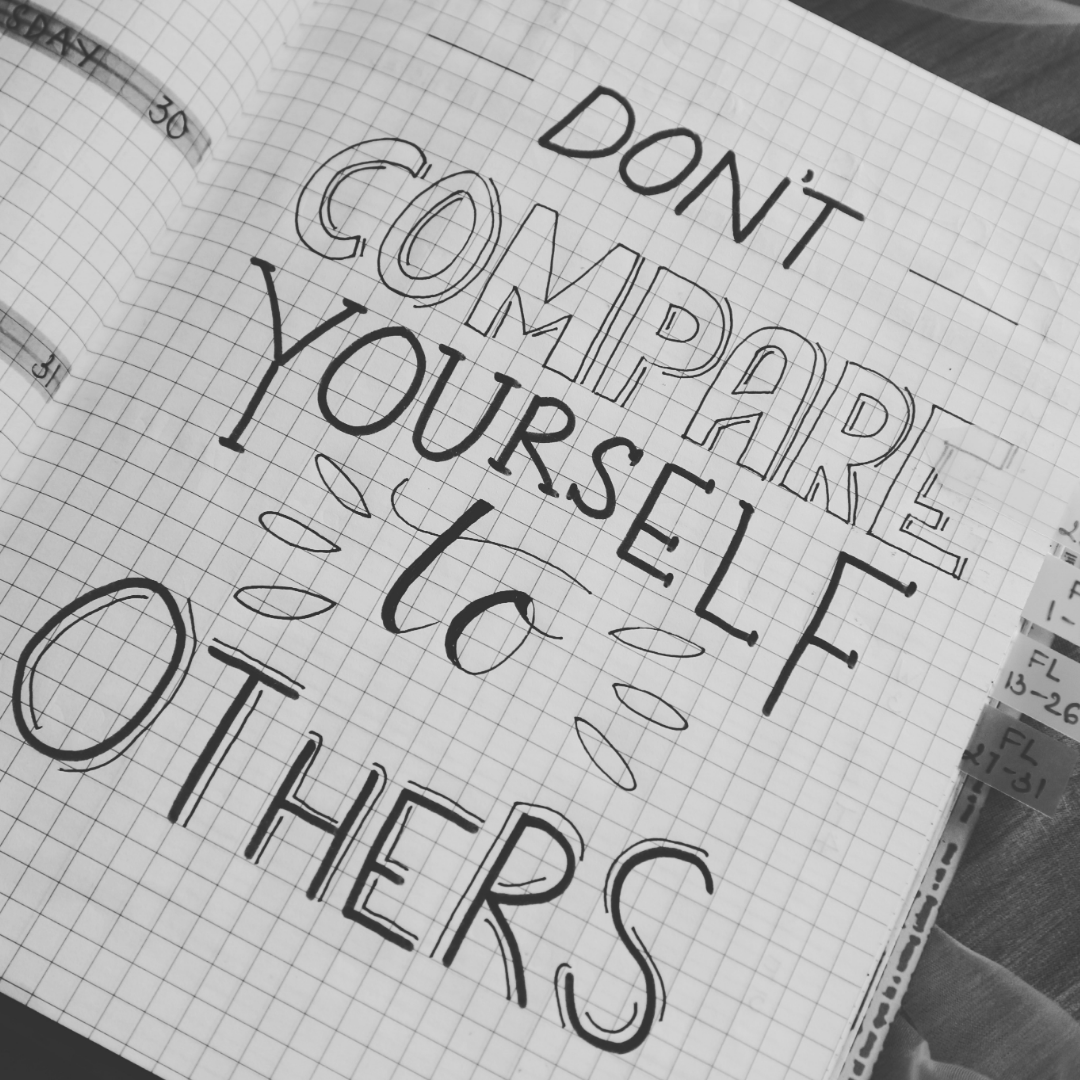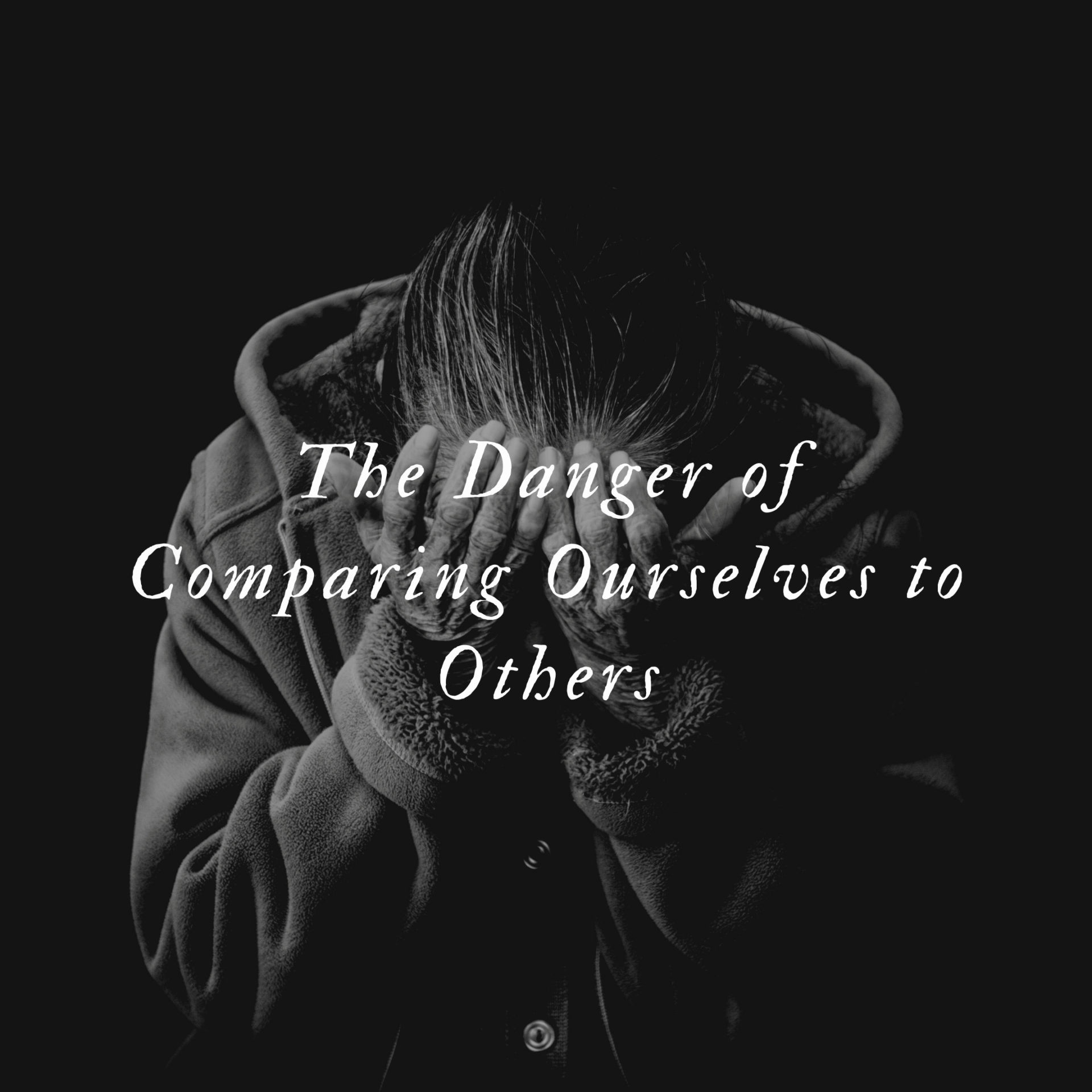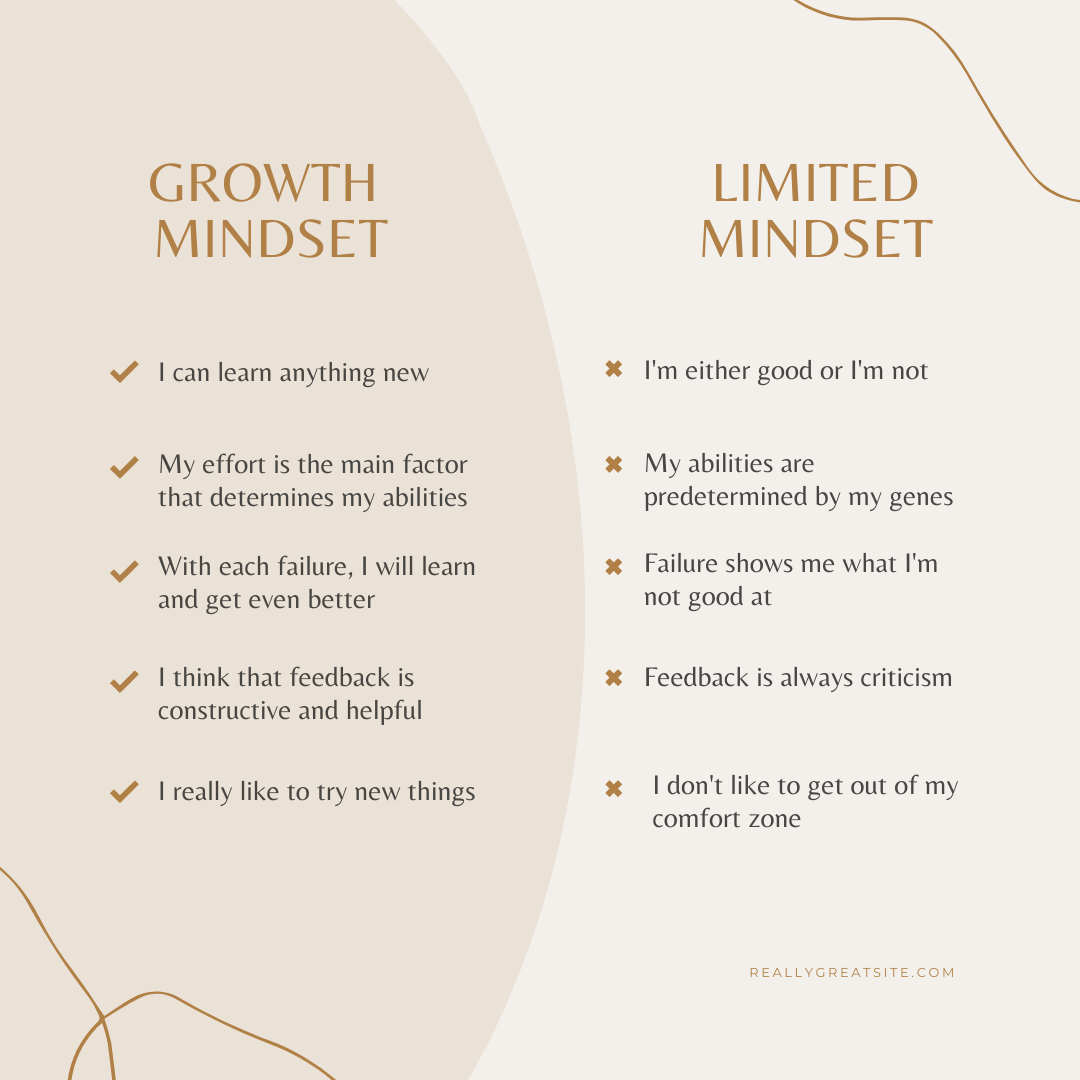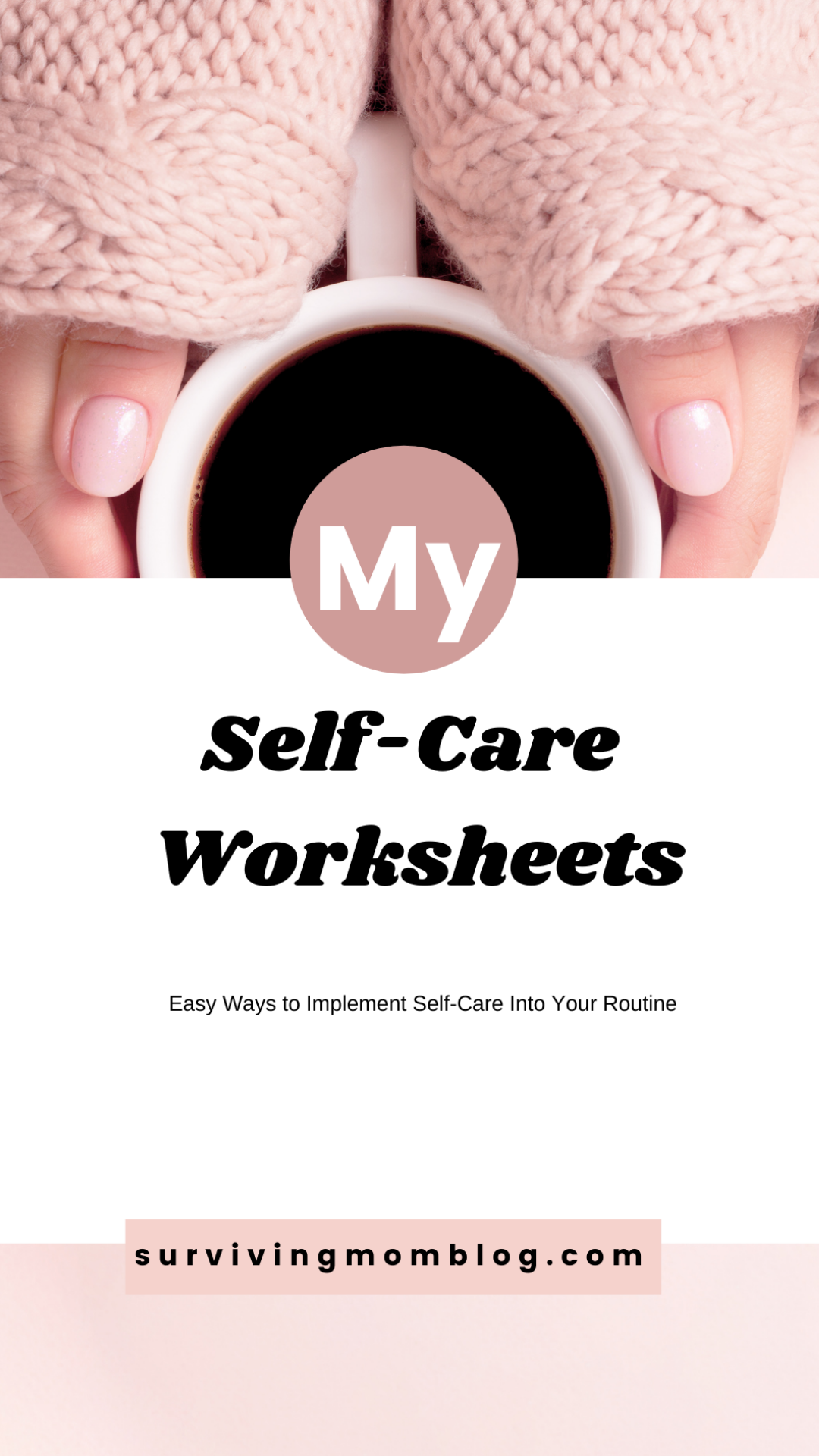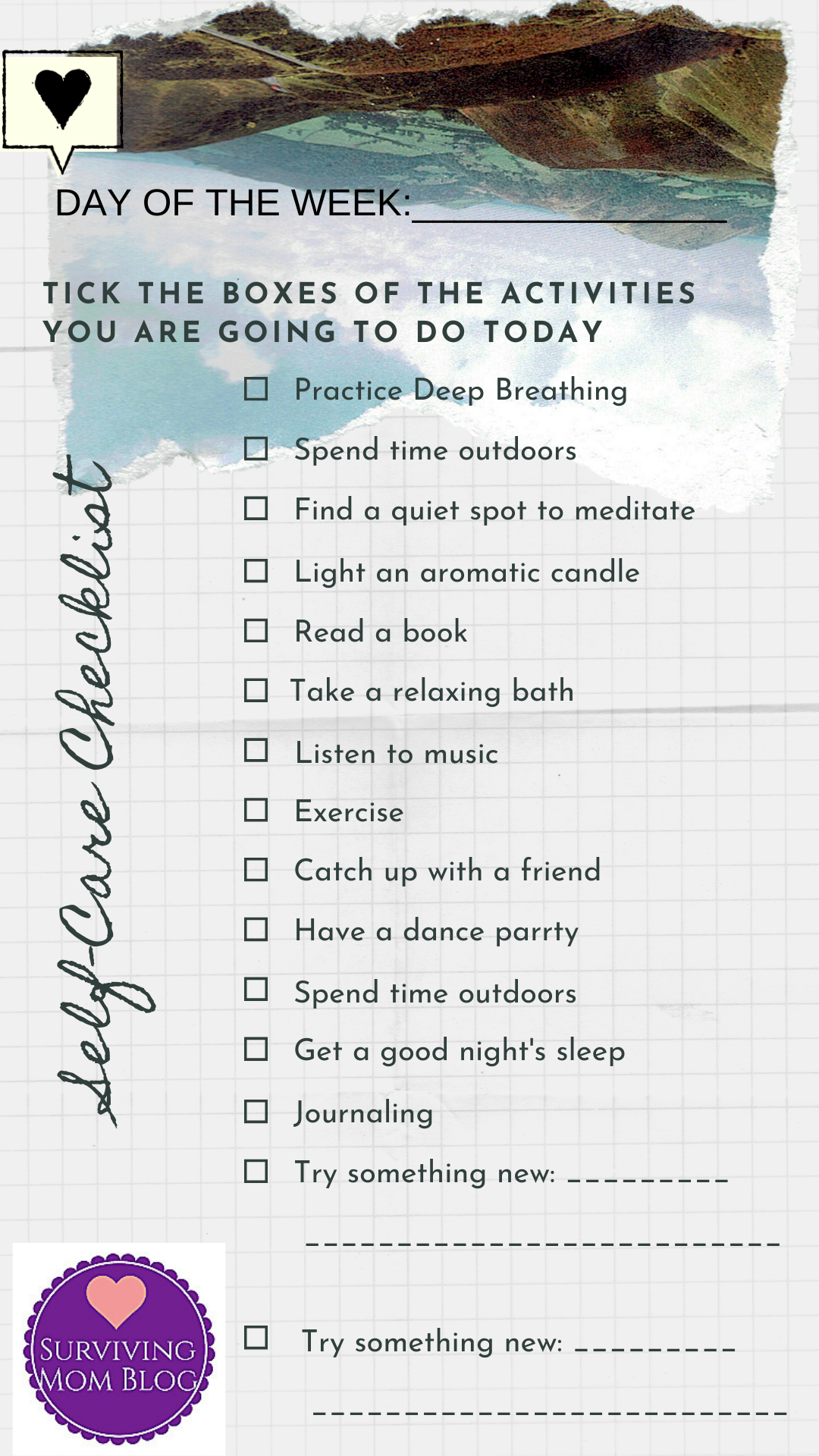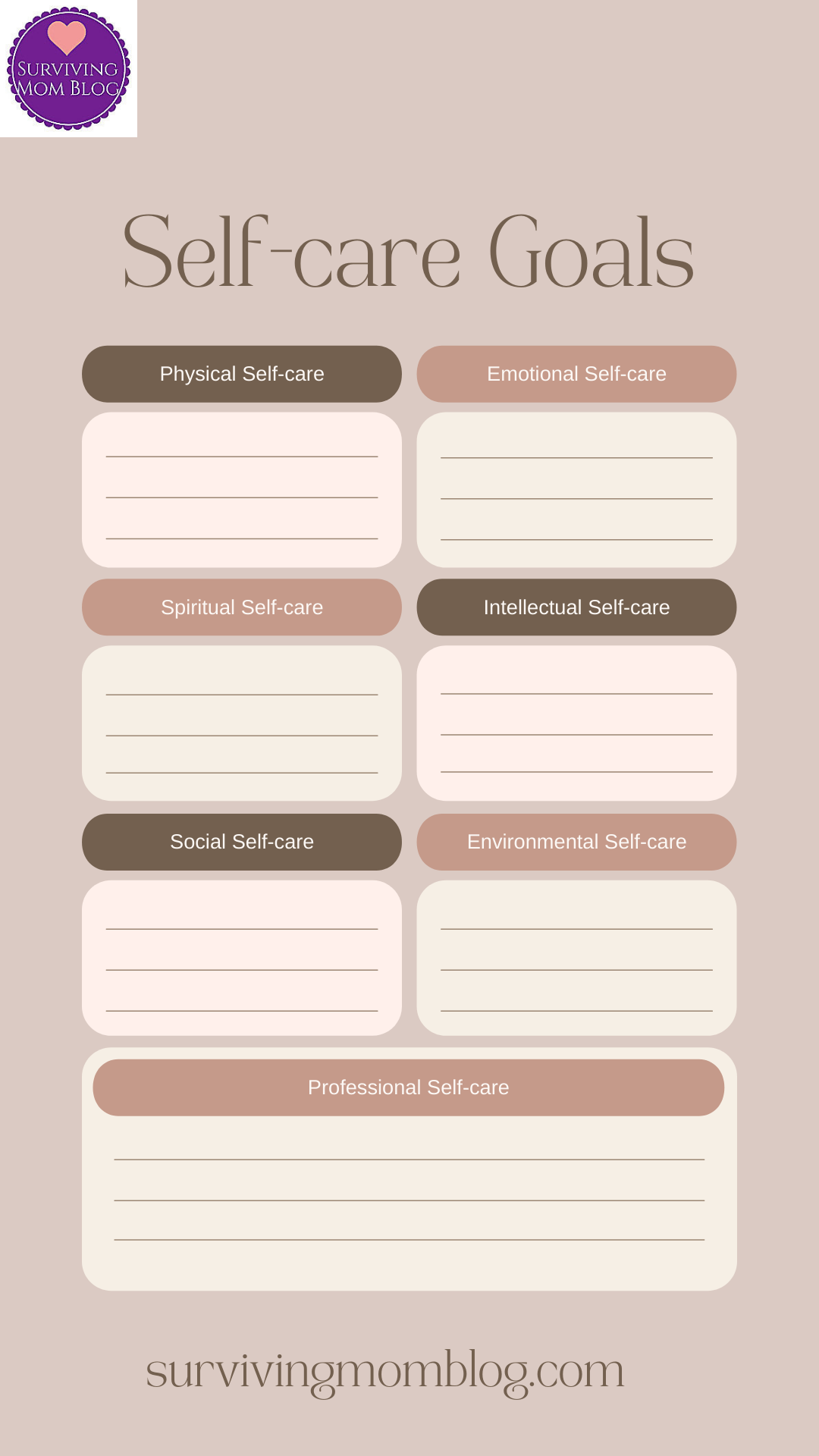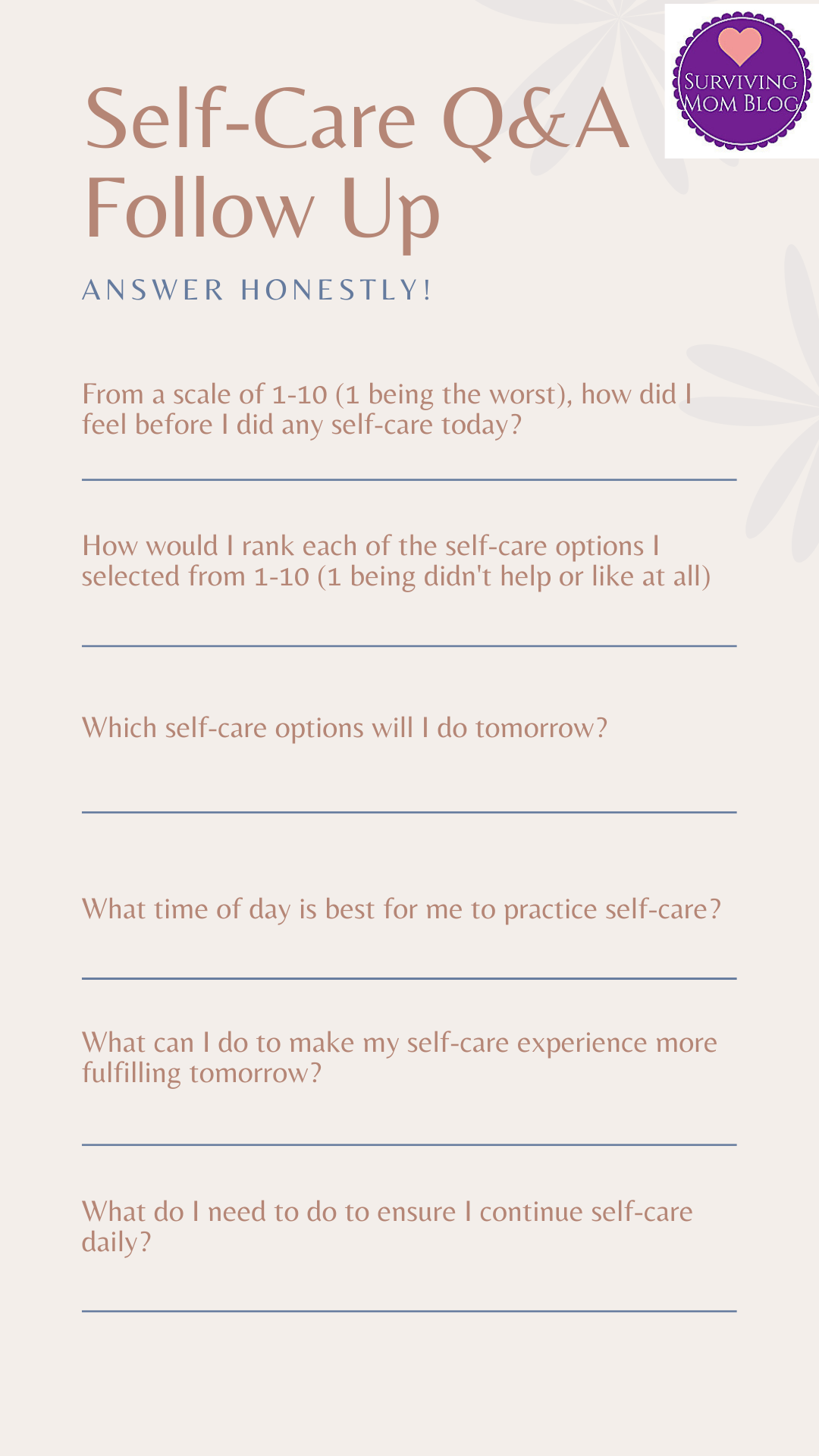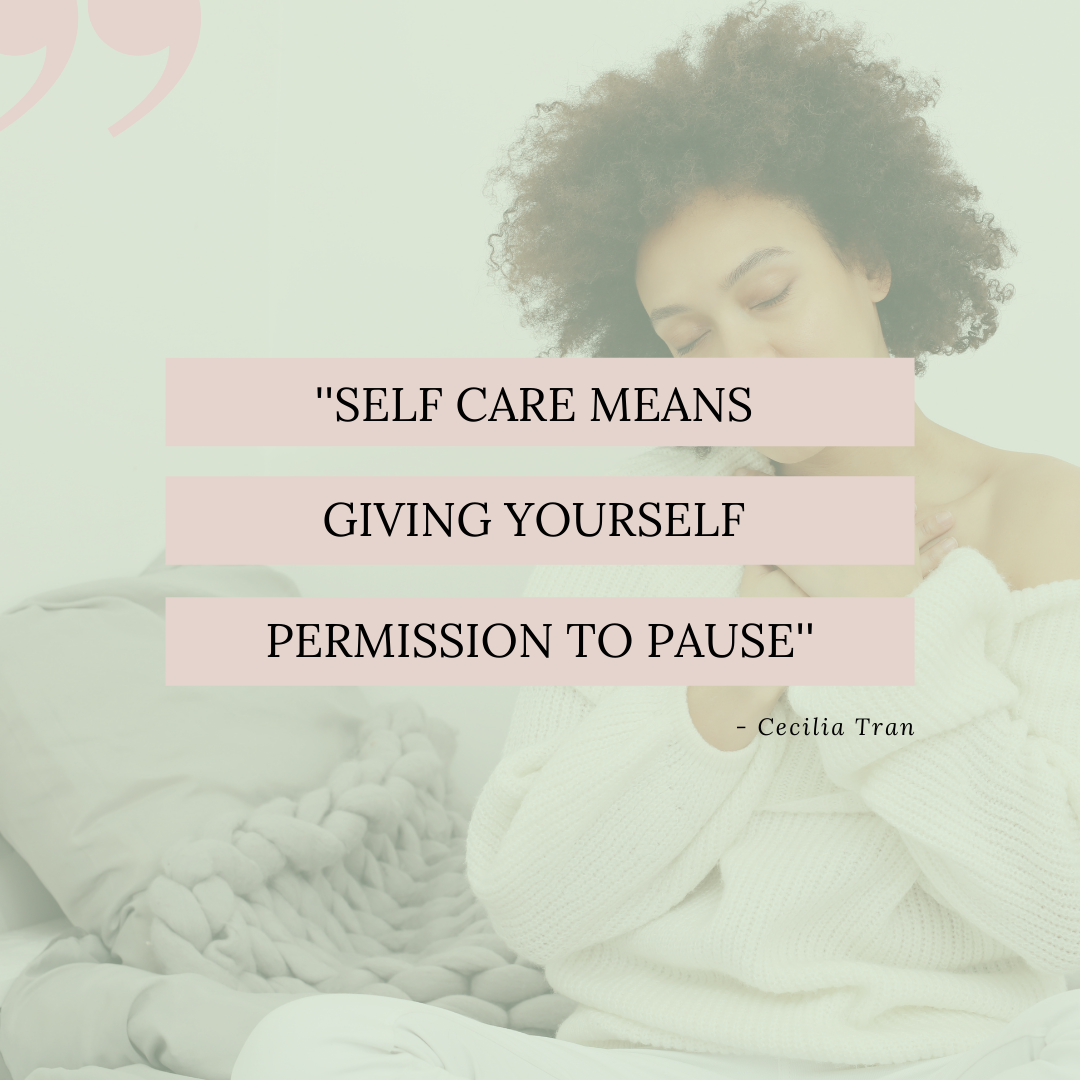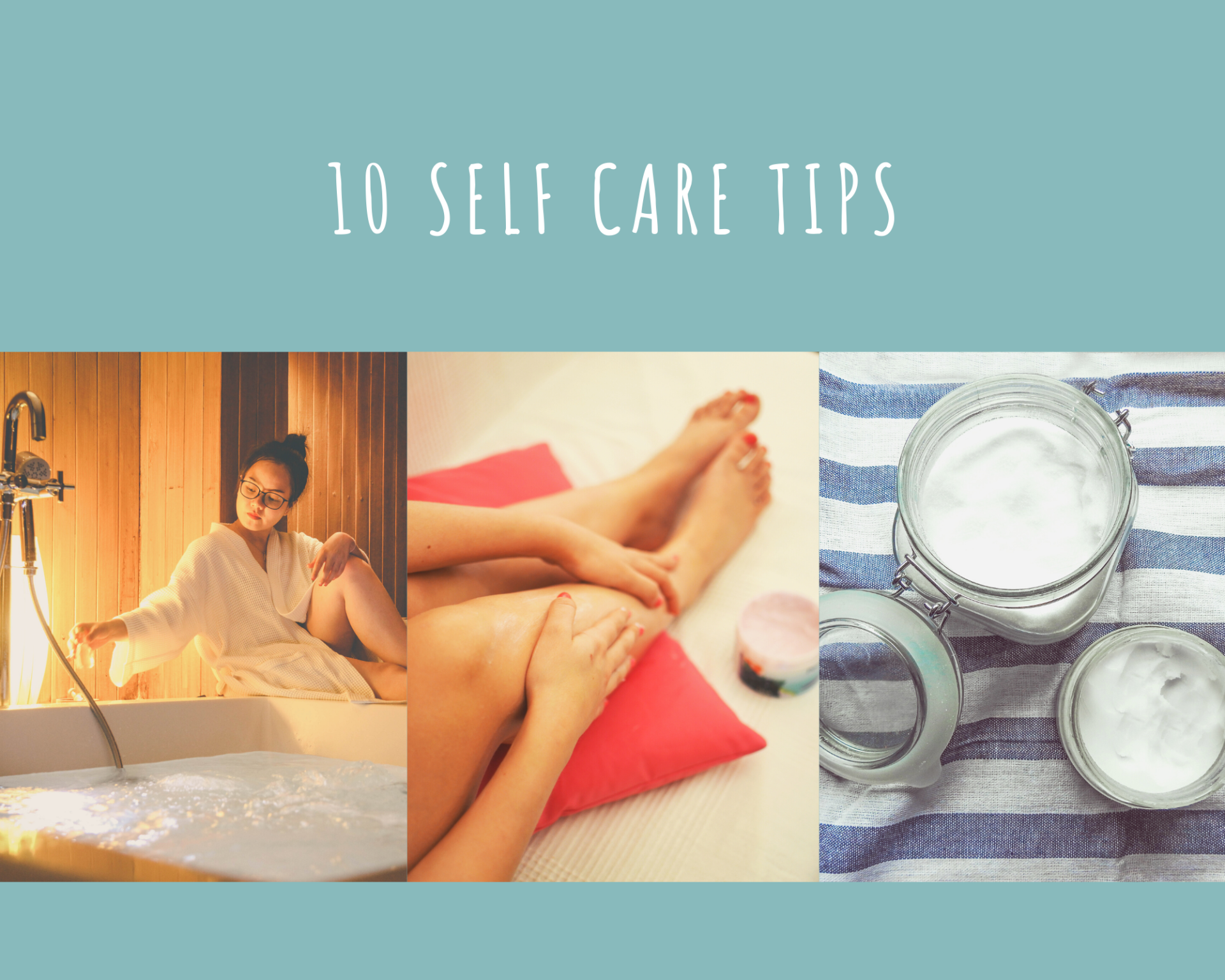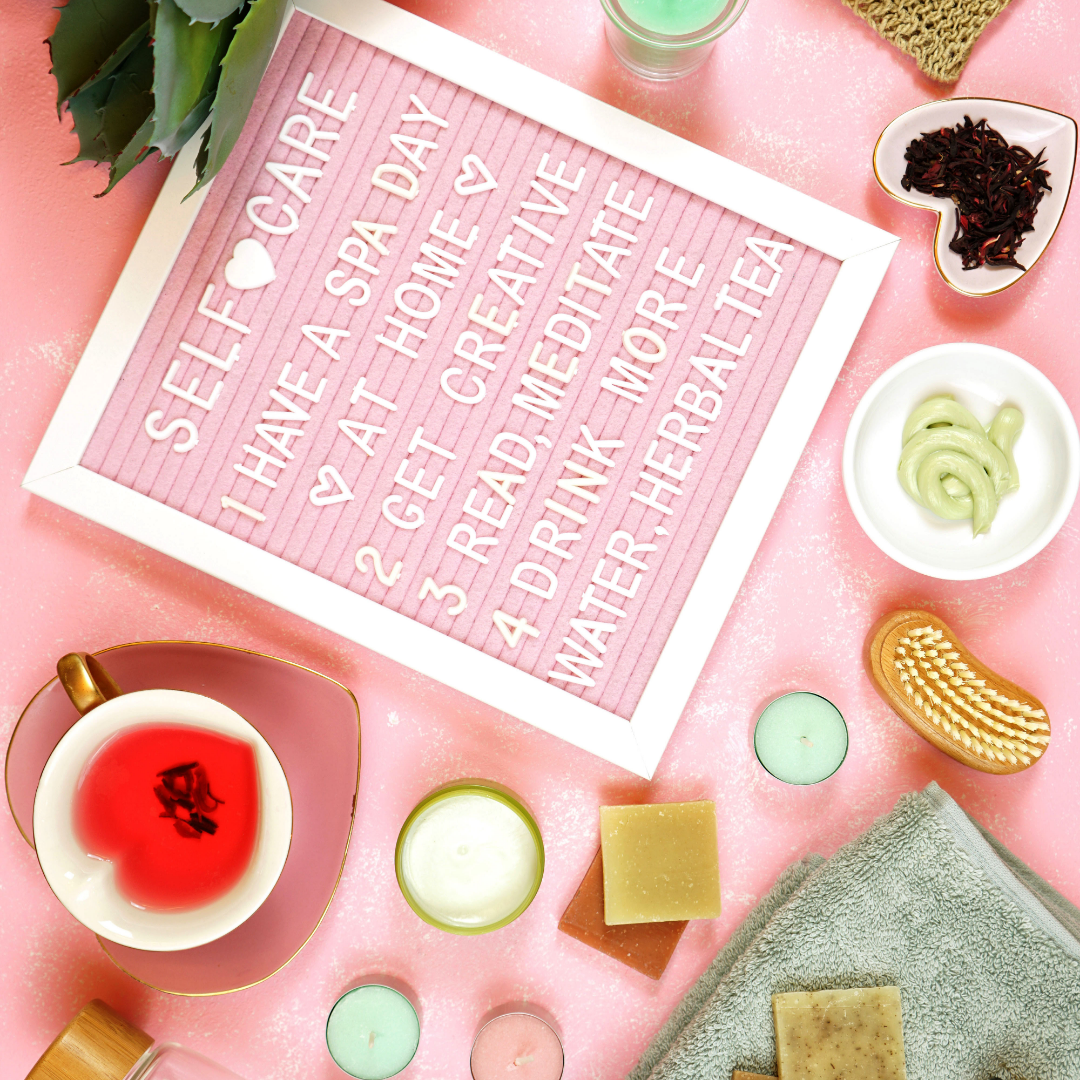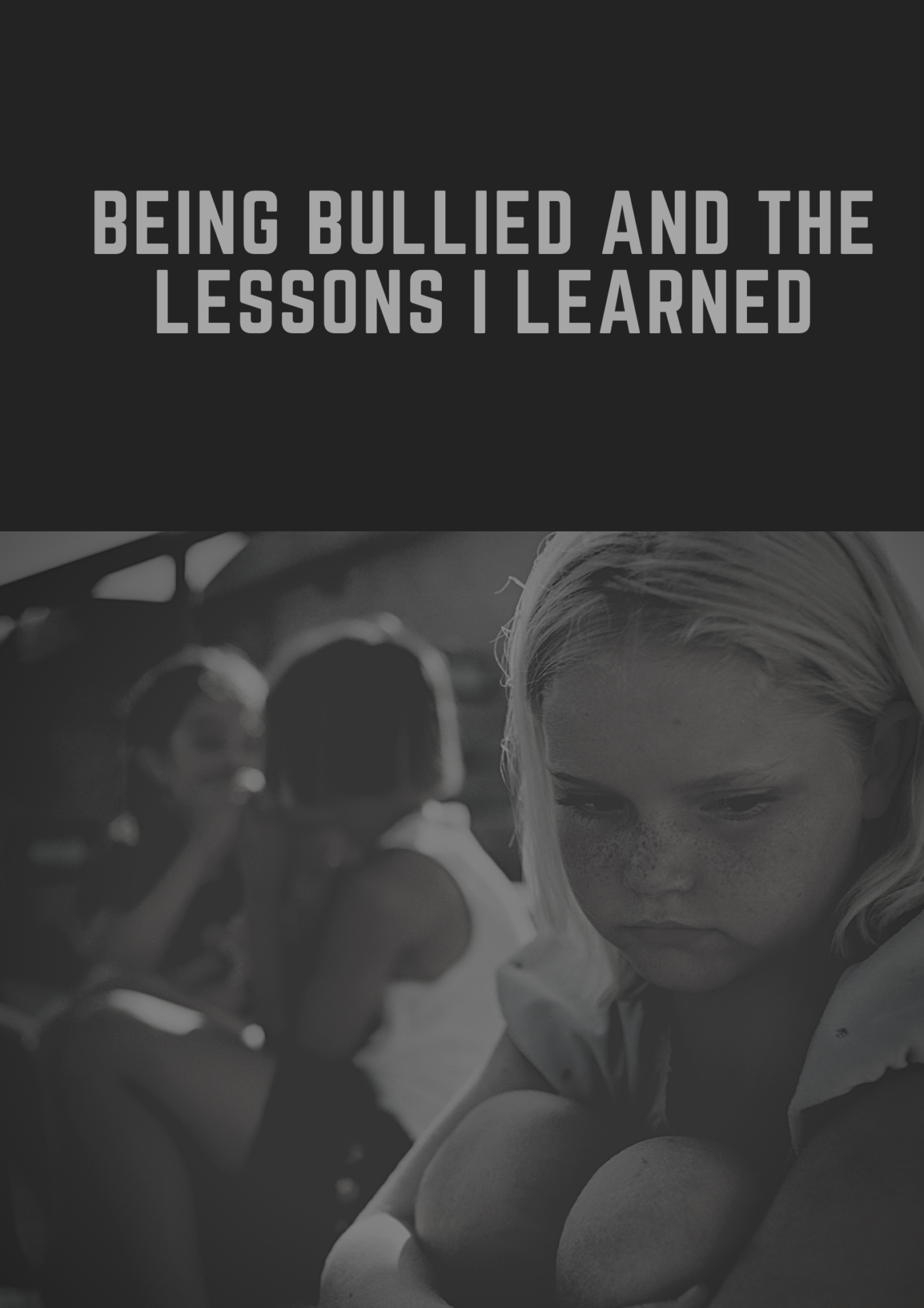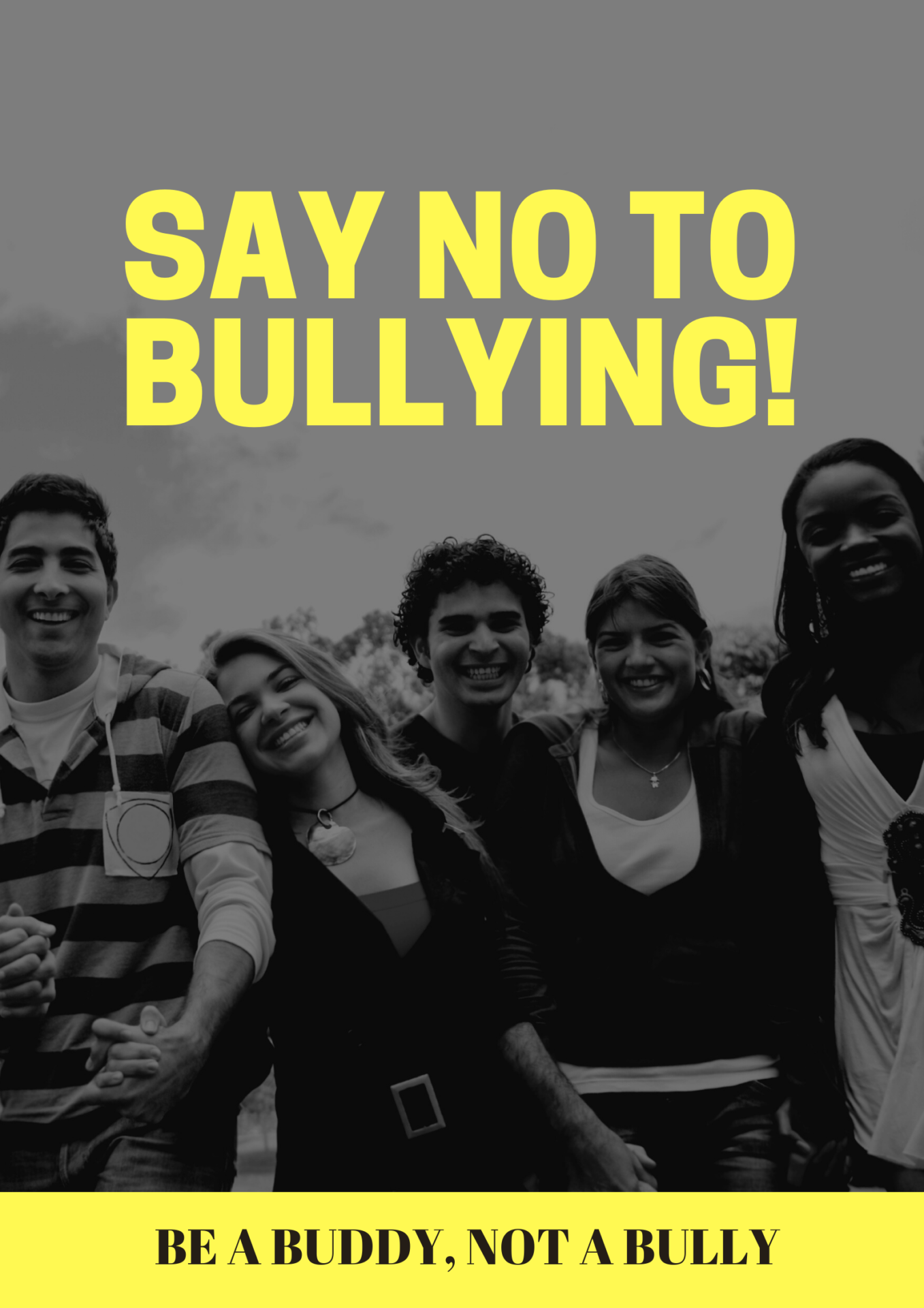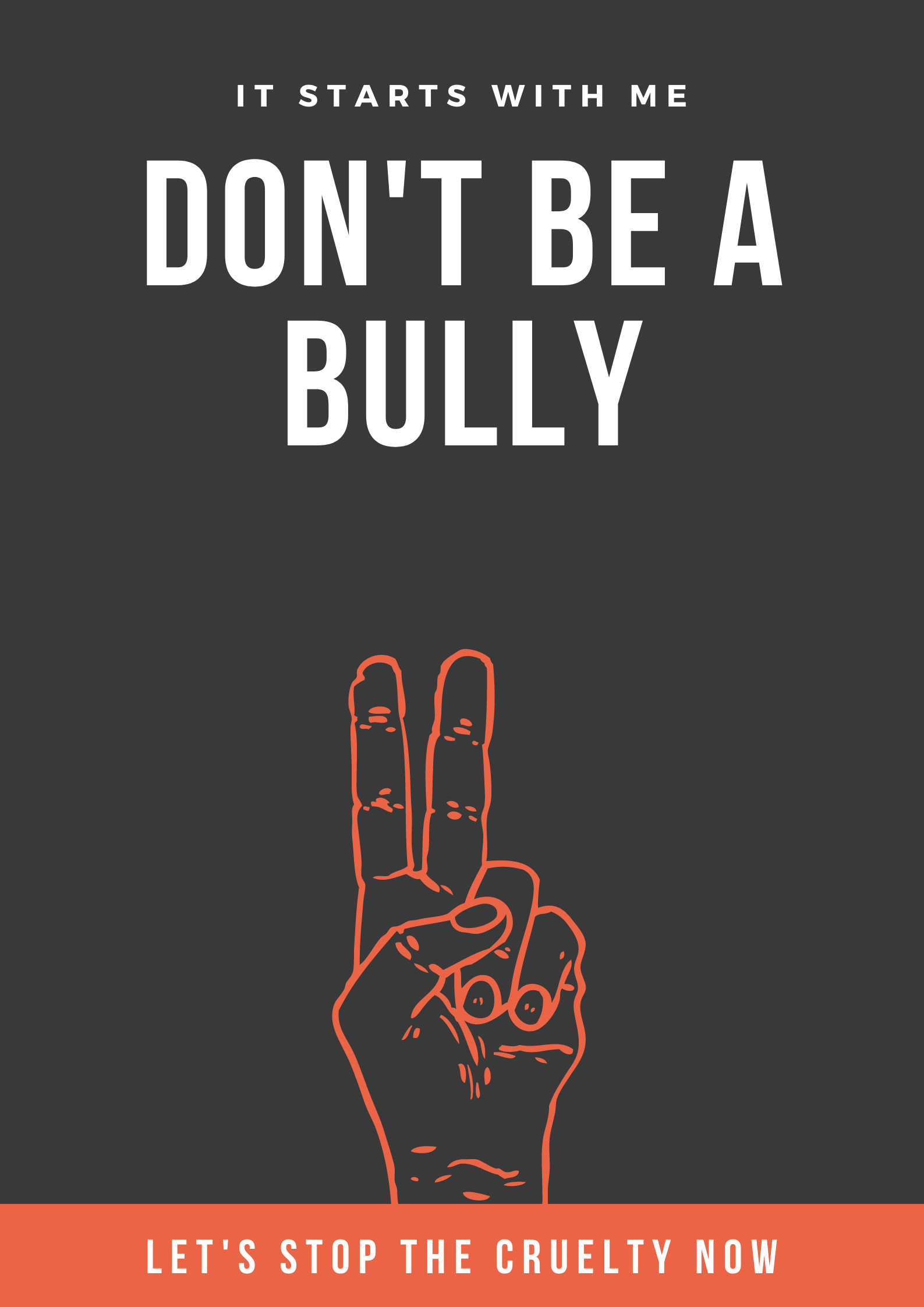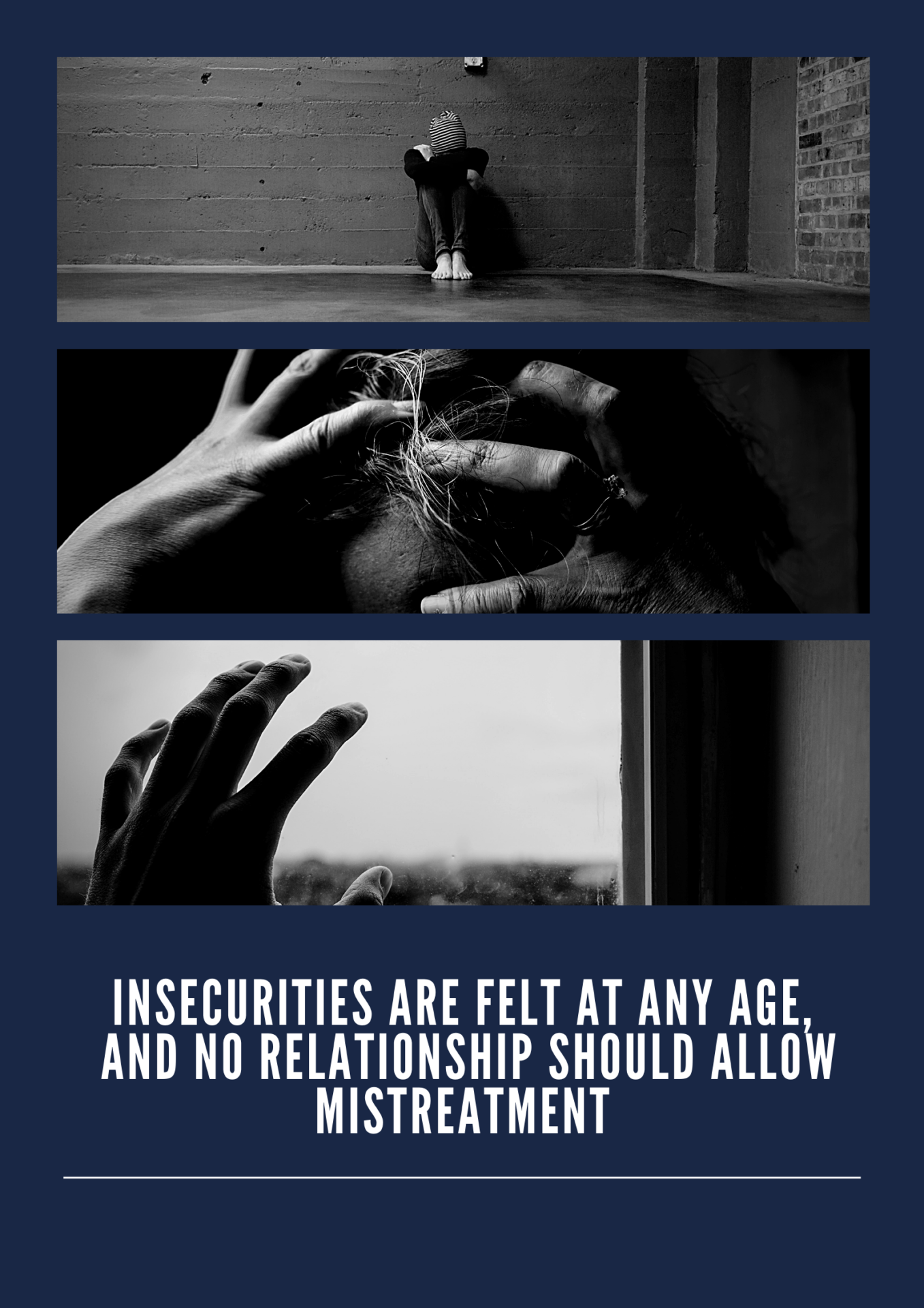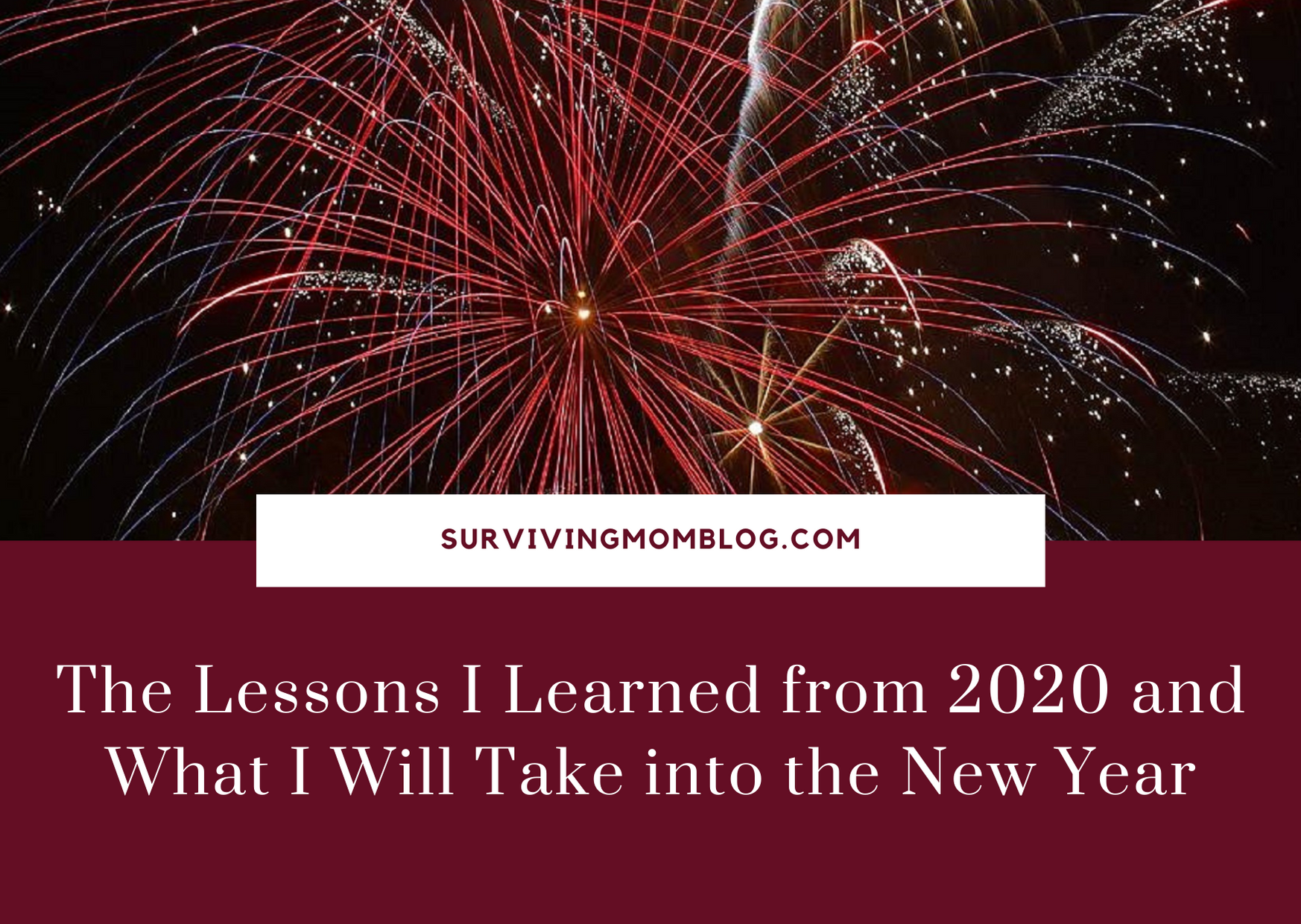
I think if I had to sum up 2020 in one word, it would be “suffering”. It has been a year of various types of suffering, whether it be emotional, psychological, financial, or physical. It has also been a year where I learned several important lessons.
The world we live in is a world that I never imagined in my wildest dreams. I used to watch apocalyptic shows with my husband and roll my eyes at the outlandish plot…. a deadly virus wipes out everyone- ha! Who knew that would somewhat resemble our reality?
There is nothing I could write about that would make this pandemic any easier, so I won’t even try to do so. What I will discuss, however, is that this year has made me truly reflect on life in a way that I had never done before. It is in that spirit that I will discuss the lessons that I’ve taken away from this year:
The Biggest Lesson I Learned This Year
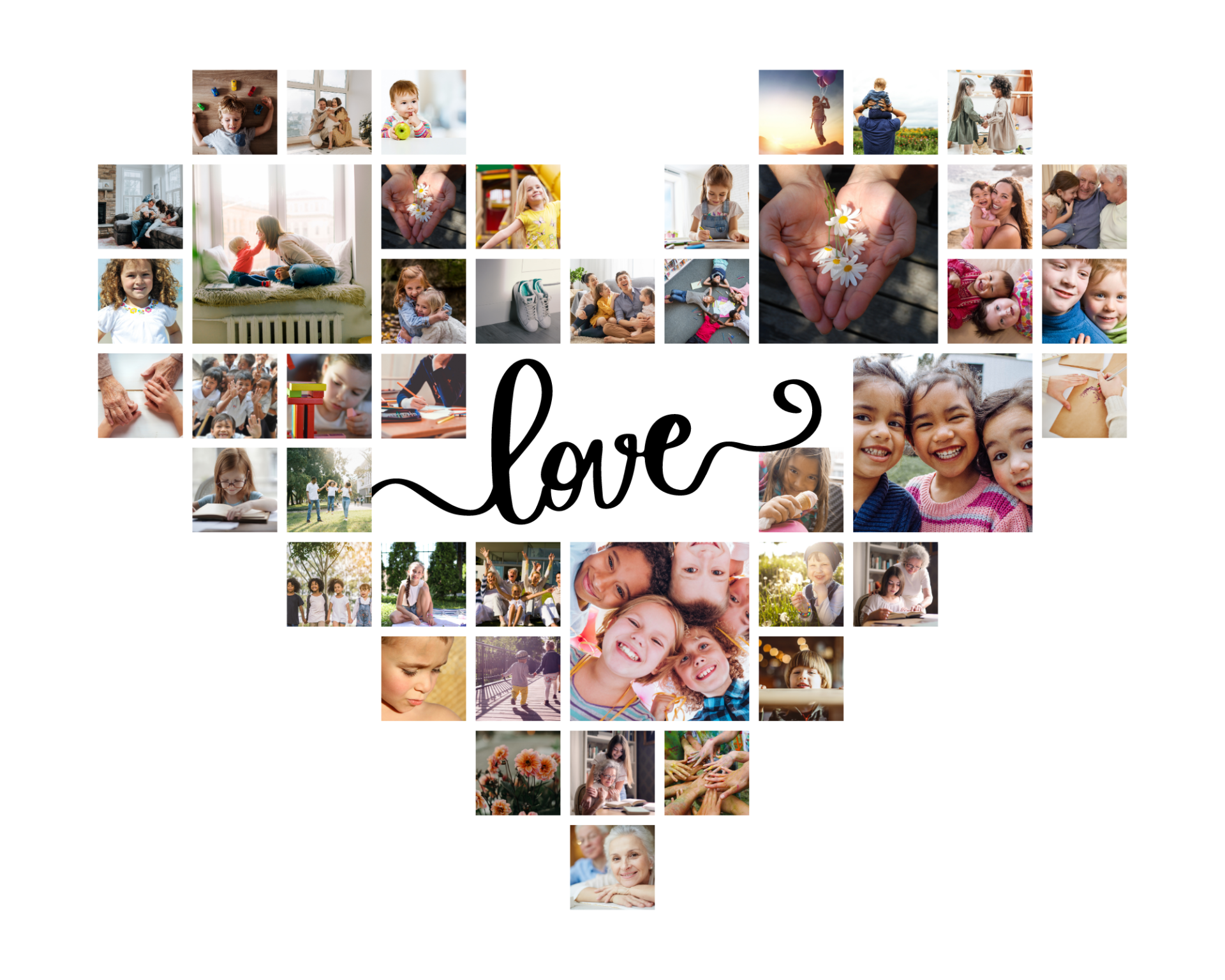
The biggest lesson I’ve learned is to appreciate the people I have in my life. We are all overwhelmed with responsibilities and struggling to make it through the day. As a result, it is perfectly understandable that we sometimes take the ones we love for granted. That is, until we don’t have them anymore…
My husband’s grandmother unexpectedly passed away due to COVID, and both of my in-laws still struggle with their health daily since contracting the virus 9 months ago. These terrible circumstances forced me to realize a hard truth- the people we have today may not be there tomorrow.
It is easy to forget that what matters most are the people we carry in our hearts. So often we say, “If only I would have known _____, I would have done________ differently.” There are times when we mean to call but get distracted, where we could have said “I love you” one more time, but didn’t, where we could have reached out to check on a friend or loved one to see how they were feeling, but forgot. Life gets in the way; it happens to all of us.
This year is different though. We now have a constant reminder that time is fleeting. We cannot turn on a computer or watch the news without seeing the latest death count. The clock is ticking, and now, more than ever, we need to seize the moment so we don’t look back and wish we had done things differently.
Moving into 2021, I am going to try to remember to focus my attention on prioritizing the people in my life over my to-do list. I will leave the dishes in the sink a little longer, go a few days extra without doing the laundry, and even let my husband get away with not putting his dirty clothes in the hamper.
At the end of the day, my clean house is not what matters. I still have responsibilities that I need to fulfill as a grown-up, but I want to spend as much of my time as I can on having no regrets. What matters most is my daughter’s infectious laugh, my husband’s embrace, and the people that I love.
Putting Yourself First: Finding Worth and Validation Inside
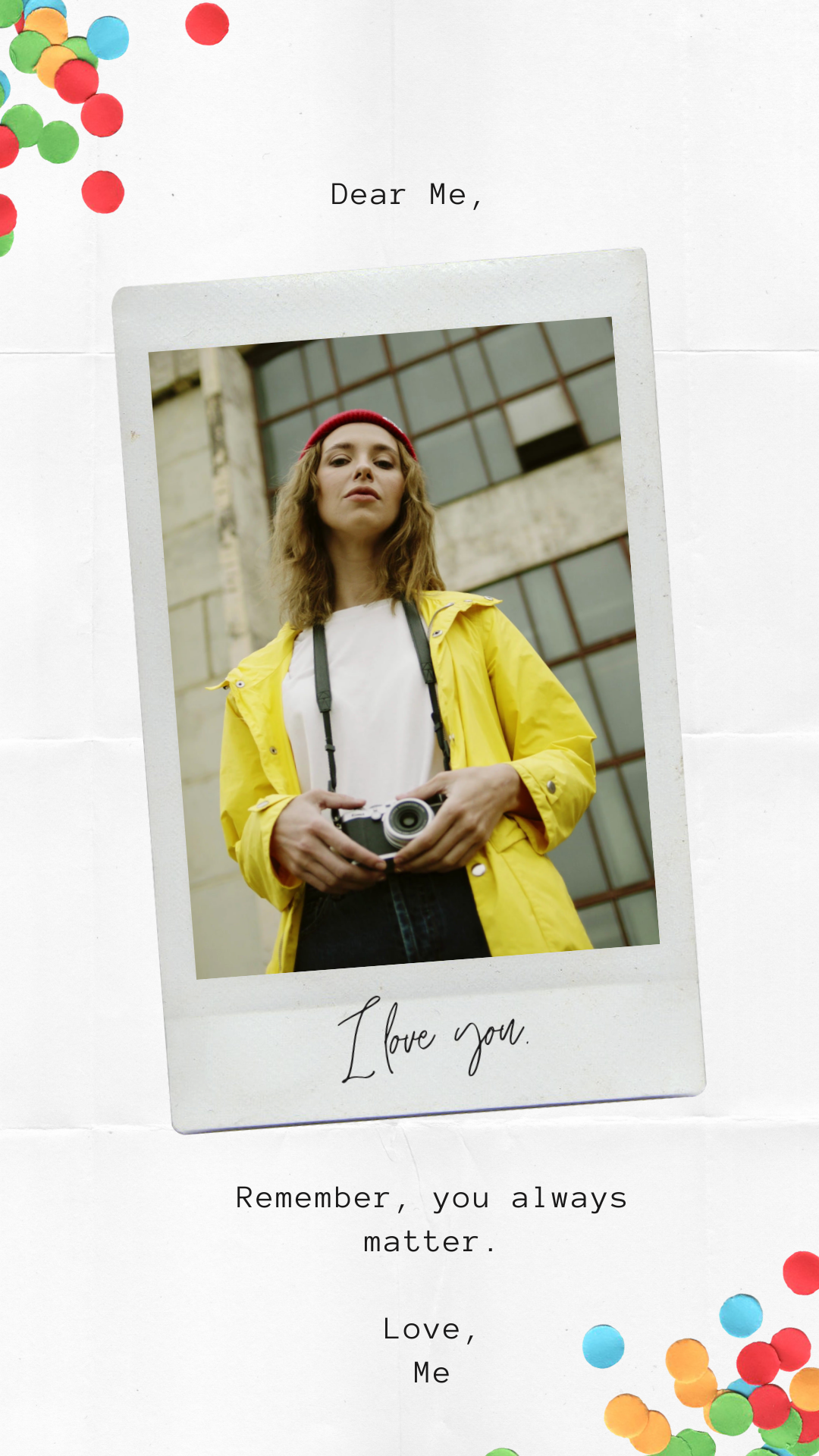
Although somewhat pandemic related, the lesson I learned this year is more related to my unique circumstances.
I started this blog only five months ago. I had no idea what to expect when I first started putting my stories out there. The initial outburst of support was unexpected and meant the world to me. Knowing that my words were helping others warmed my heart and gave me a new purpose besides being a Stay-at-Home-Mom, homeschool teacher, and a wife (all roles which I treasure).
Things moved more rapidly than I expected, and then came to a halt. Facebook deactivated my profile, which was a huge source of my traffic. My other sources of traffic weren’t consistent and the comments and feedback I was getting weren’t nearly as frequent as they were at the beginning.
I started a new website hoping that creating better optimization would increase my traffic. It didn’t. Instead, I received a notification that someone unsubscribed. It was like a slap in the face.
I felt defeated. People no longer cared. I was old news. My content must stink. I guess I’m not a good writer after all. I’m not helping anyone. I put my heart and soul into this, and it was for nothing. My blog is a failure. I’m a failure.
Despite the number of well-known publications that have featured my writing, all I could see were my failures. With each subsequent low traffic post, my self-esteem lowered with it. I had a few more people unsubscribe. This only confirmed the stories I was now telling myself, not only about my blog, but about what it reflected about me as a person.
It is not easy to write personal, gut wrenching posts and not get the feedback you hope you’d receive. However, this situation taught me a very valuable lesson.
I spent most of my life relying on others to feel good about myself. On the flip side, if someone said or did something that I found hurtful, didn’t want to be my friend, or didn’t validate my feelings, I felt worthless. My feelings and my opinion of myself only had merit if others validated them.
I thought I had improved my codependent ways, and I have made huge strides. However, this blog caused a huge relapse, and I realized that I was relying on this blog to feel valued. My blog was no longer just about helping people; it was about proving to myself that I was good enough as a person and a writer.
I had two choices: The first was to stop writing the blog and throw in the towel. The other option was to keep writing from my heart and be proud of my hard work, content, and writing no matter what others said or did. I decided to go with option number 2.
I learned that readers are fleeting, subscribers are fleeting, people’s opinions of me are fleeting. What should never be fleeting is what matters most- my belief in myself. I need to give myself the validation that I was seeking from others.
No matter the viewers or feedback, my biggest fan always needs to be me. If others like what I’m writing, that is icing on the cake. I can’t convince others to read my words. What I can do is have faith in myself and stand by my words. Everything else is out of my hands.
I think this is a lesson that we can all apply to our lives. We may not get the validation we seek from others, whether it be from our boss, our family, or our friends. That can cause us to feel that we aren’t good enough in those roles. Parenting is often a thankless job. Our spouse may not verbalize appreciation for our hard work and effort; the list goes on and on. We can spiral down the rabbit hole of despair and insecurity, or we can remind ourselves that we will never feel good about ourselves if we outsource our feelings of self-worth.
A painful lesson I learned this year is that we cannot rely on other people to validate our roles and feelings. It is our job to give that to ourselves.
The Importance Of Self-love and Self-care
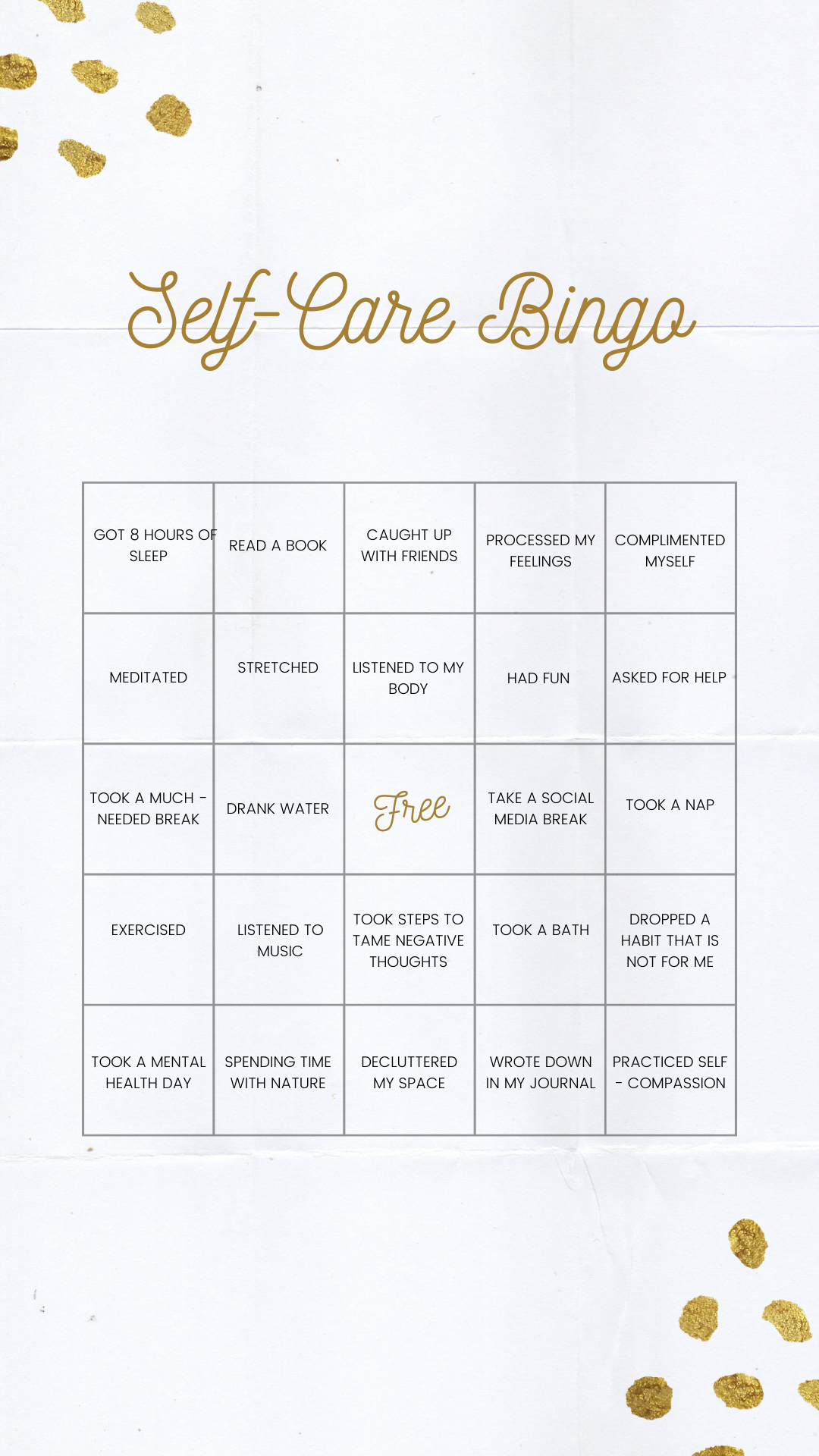
I do not know how to do something halfway. Anything I do, I do to the best of my ability, and I give it my all. Sometimes this can take on a life of its own, and it comes at a cost to myself.
Blogging is a great example of my extremist mentality. Writing a blog while homeschooling and caring for a child full-time is challenging, to put it mildly. There are only so many hours in a day. Putting out constant content and taking care of a child that needs constant monitoring took a toll on me. My husband also has been working overtime, so I’ve needed take care of my daughter by myself into the night. I was exhausted physically, but also emotionally and psychologically from the topics I write about. Half the night I would stay up rewriting my posts so I could devote the other hours to homeschooling and spending time with Brielle. I also didn’t want the blog to take away time from spending time with my husband after Brielle goes to sleep.
It wasn’t a shock when I became run down. I’ve had cold symptoms on and off for the last month that I kept ignoring. I finally had a telemedicine appointment and was told I have a bad sinus infection and had to take antibiotics. I was running around with a fever and feeling crappy, but still didn’t slow down.
The first lesson I learned this year that I discussed in this post was recognizing what is most important in your life. To me, that is the people I love, and that includes myself. I write posts about self-care and self-love, but I haven’t been practicing what I preach. I’ve allowed my mental and physical well-being to fall by the wayside.
Doing my best means recognizing when to stop. There is only so much I can give and I can do. No matter the circumstances, I must prioritize myself.
I will continue to blog but will limit the amount of time I do so. Posts are now put out twice a week instead of three times a week. I will incorporate blogging into my daily routine so I’m not up at all hours of the night writing. My self-care rituals will resume, and I will remember that loving and caring for myself cannot be taken for granted.
Life is a series of compromises. 2020 is a great indicator of learning when to hold them and when to fold them. Others’ opinions of me and the dirt on the floor- not so much of a priority. Cherishing the ones I love and valuing myself? That is a non-negotiable. I hold the lessons I learned this year close to my heart and will take them with me into the new year.
